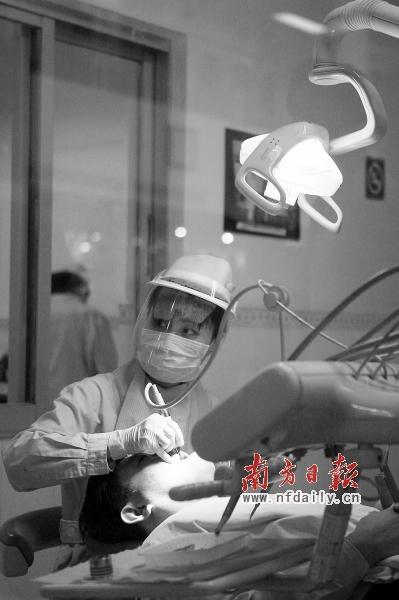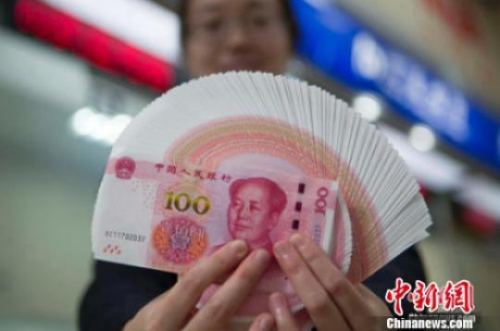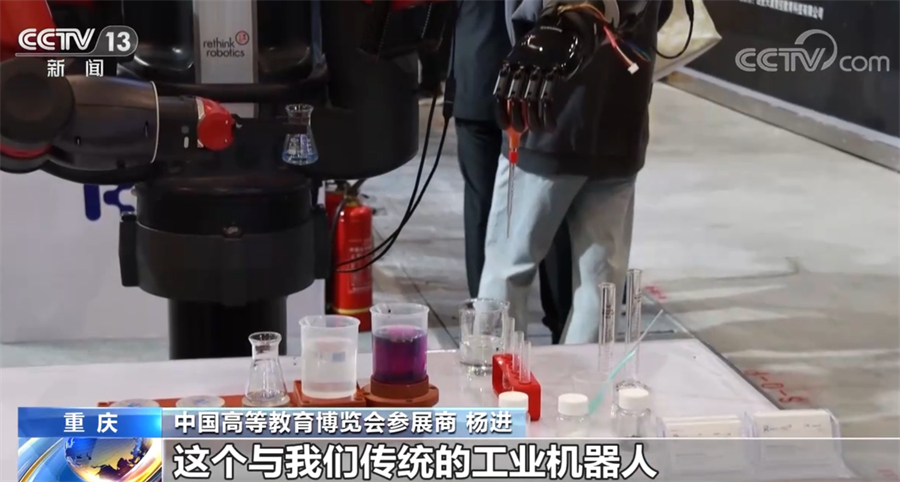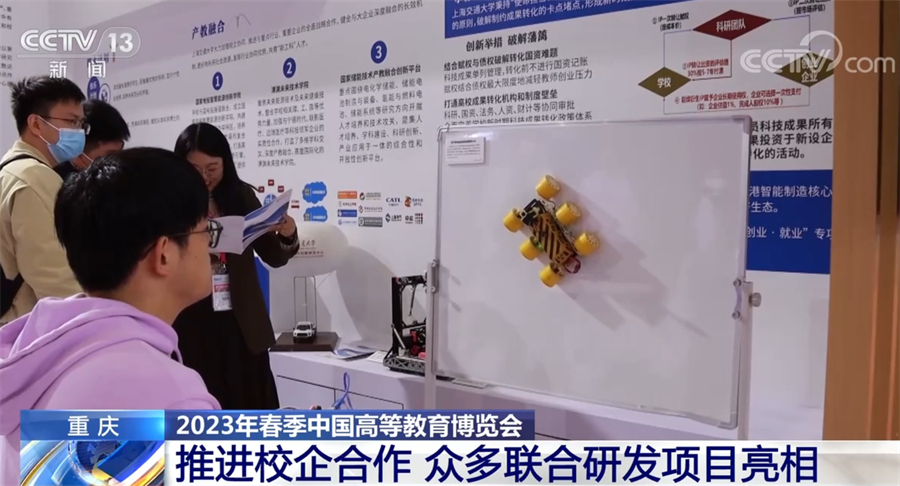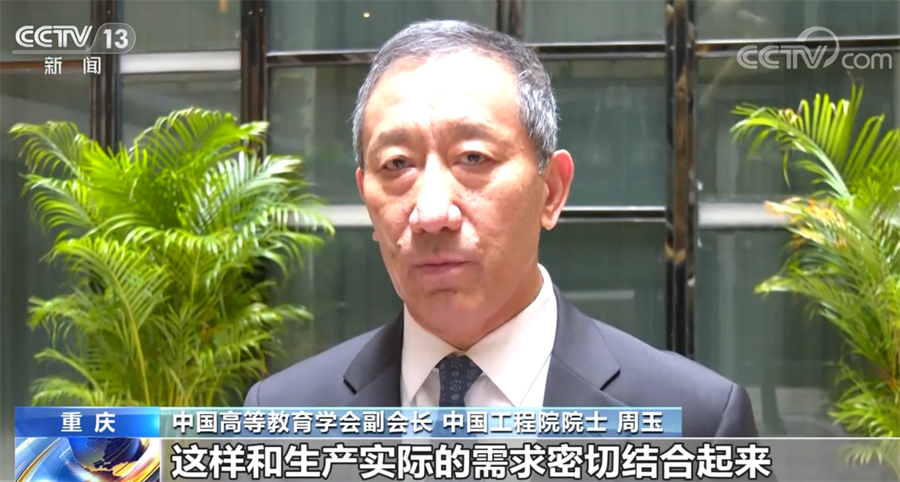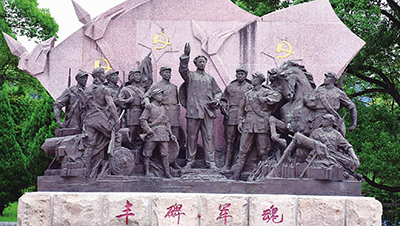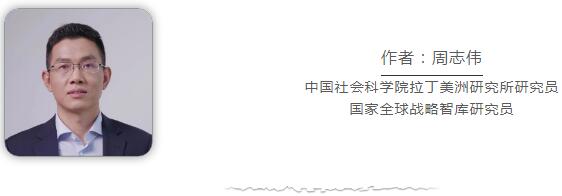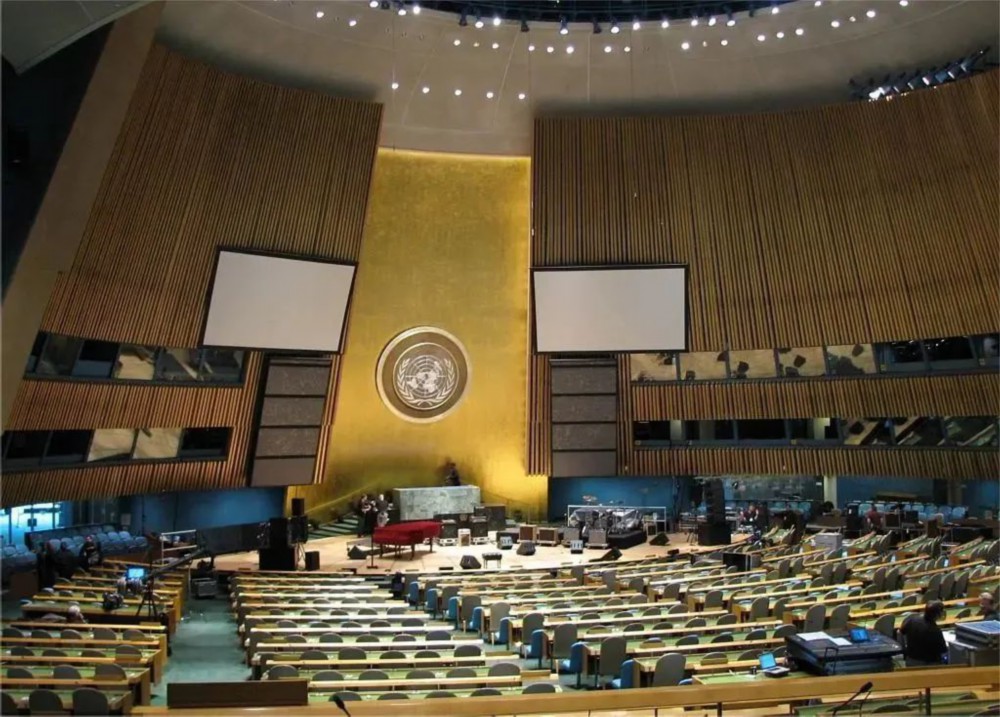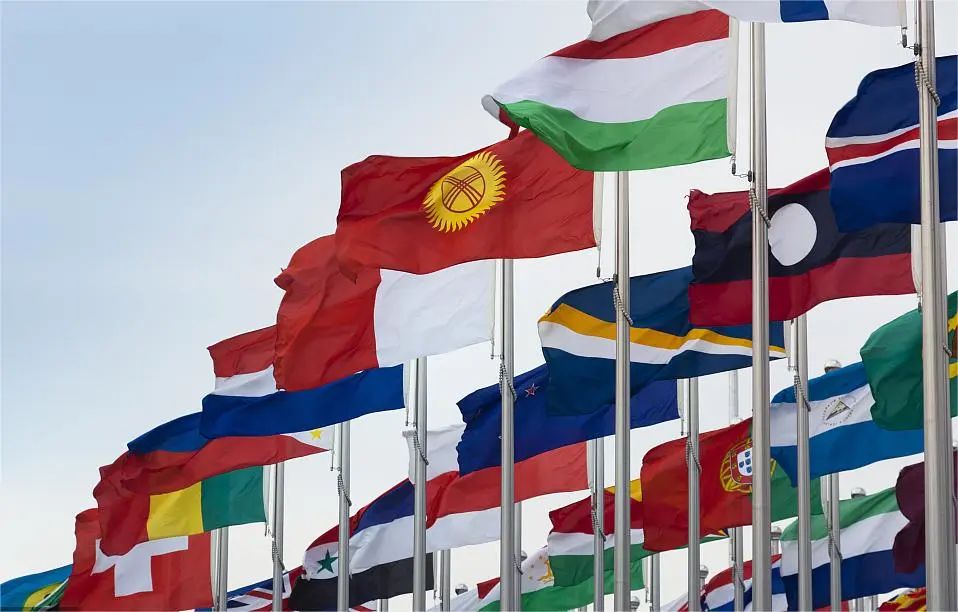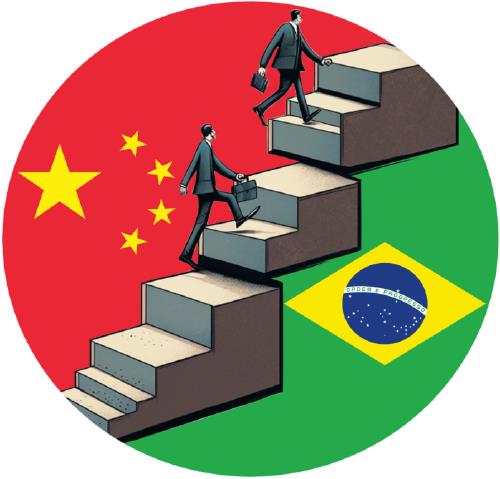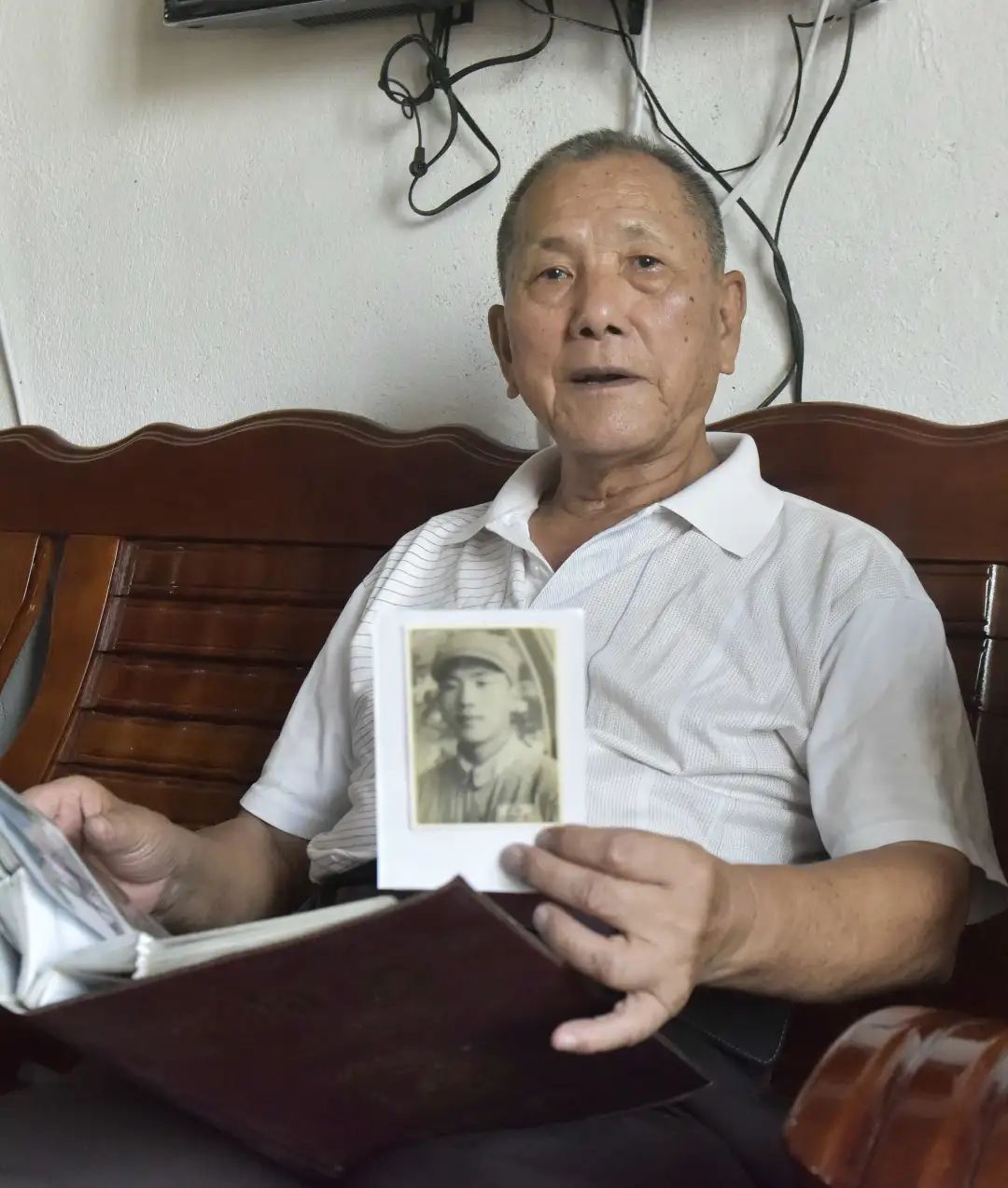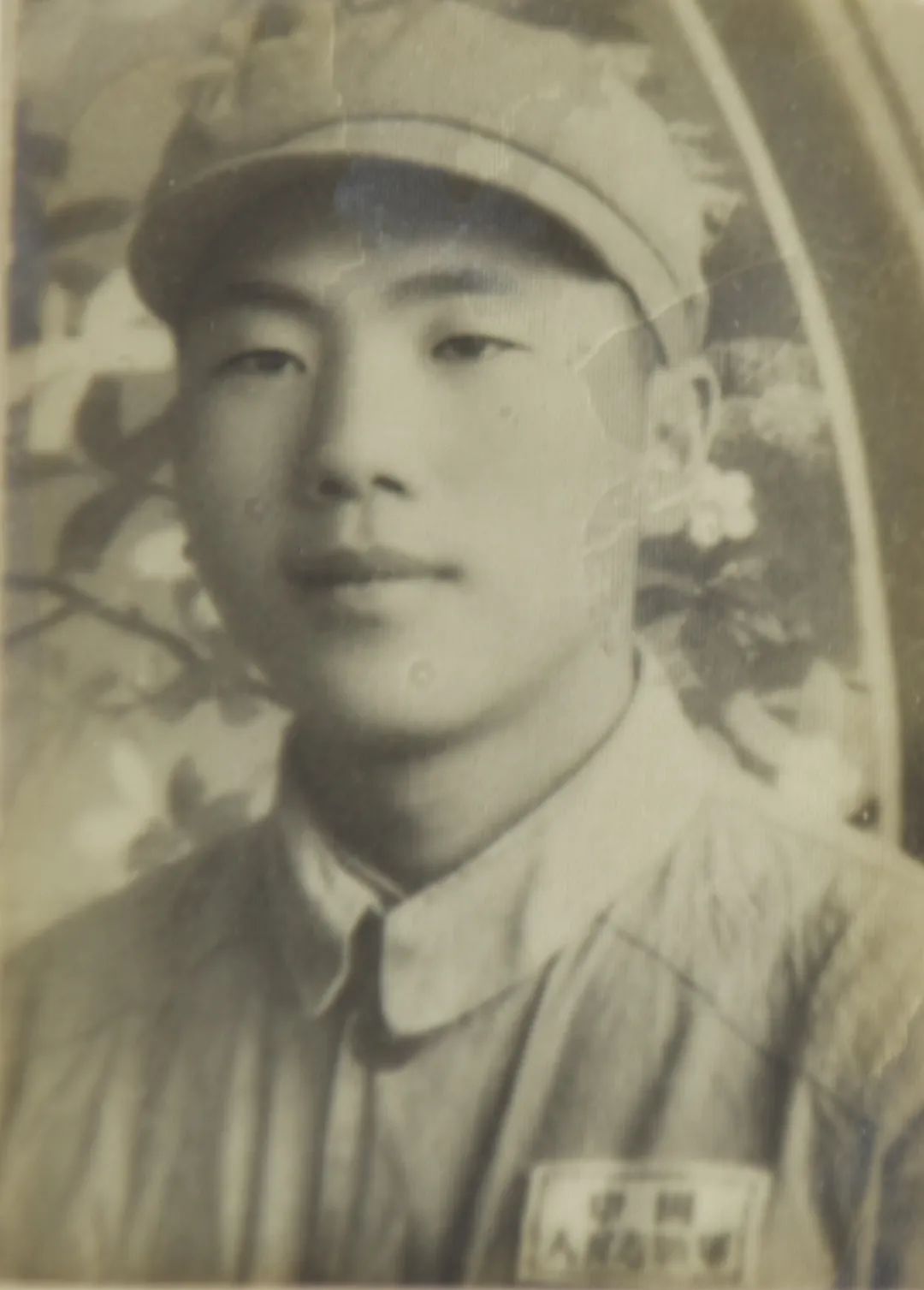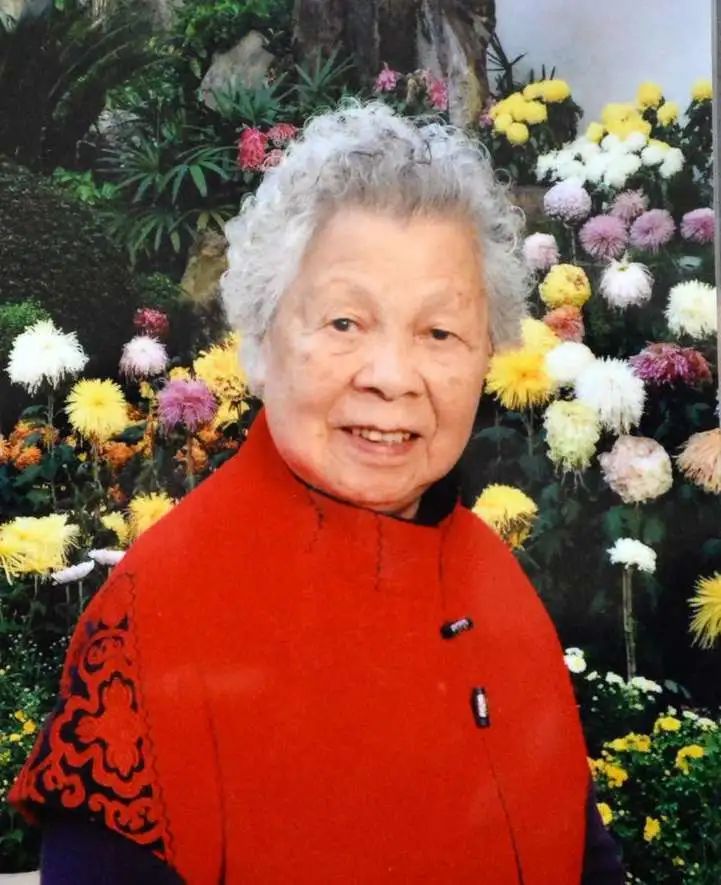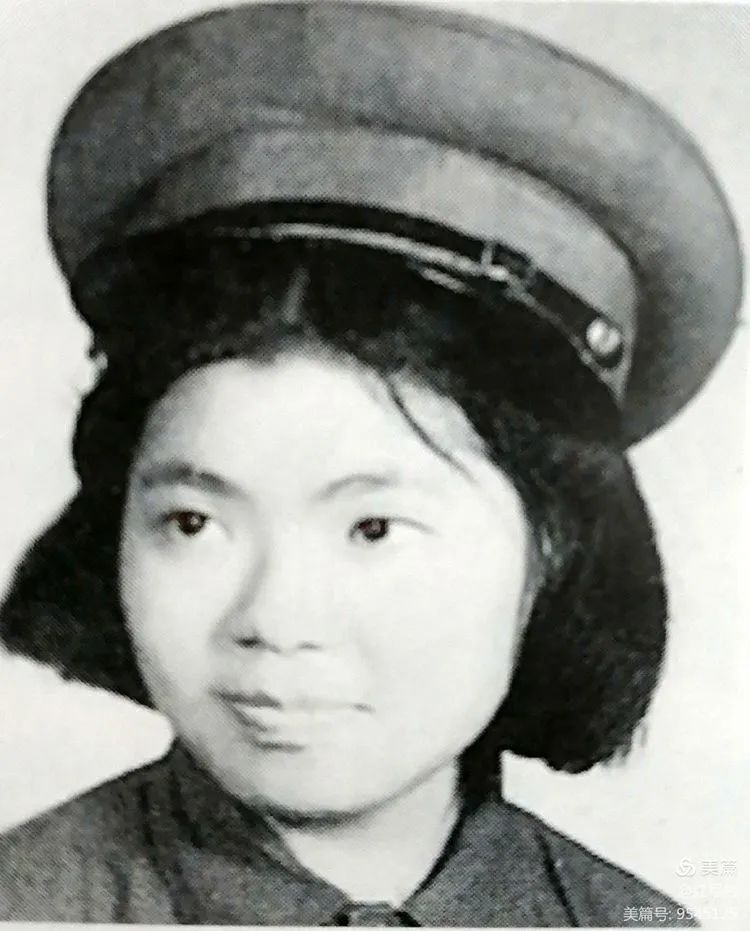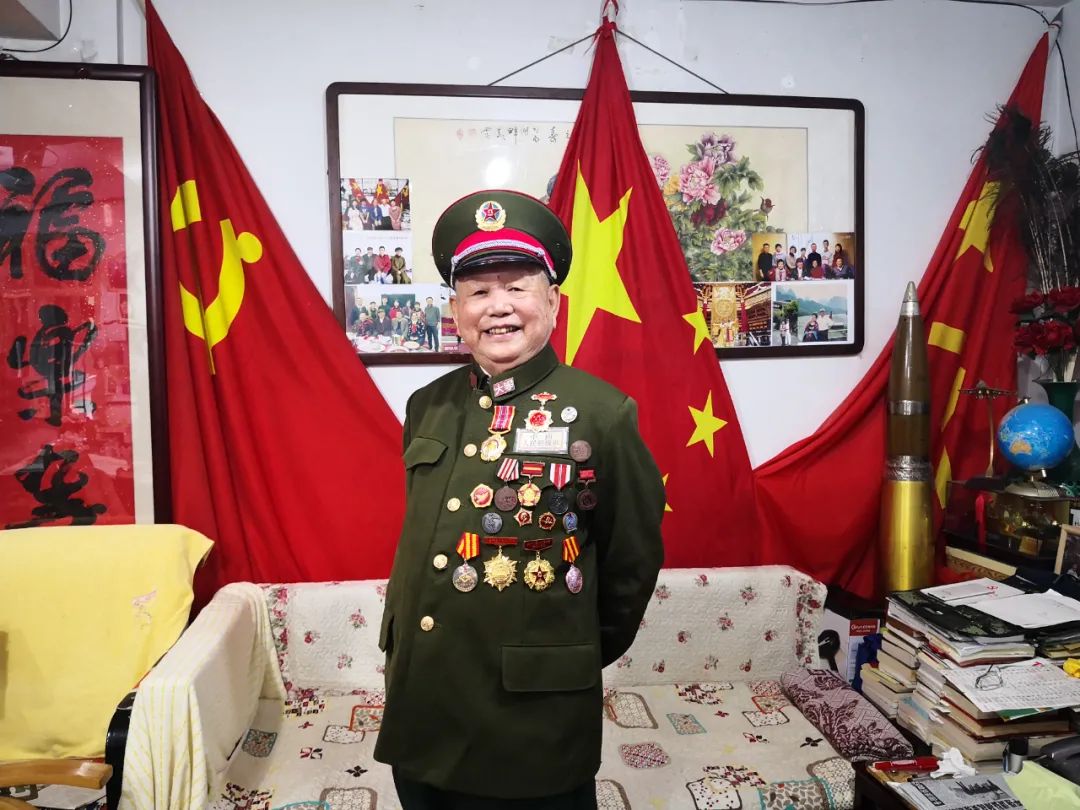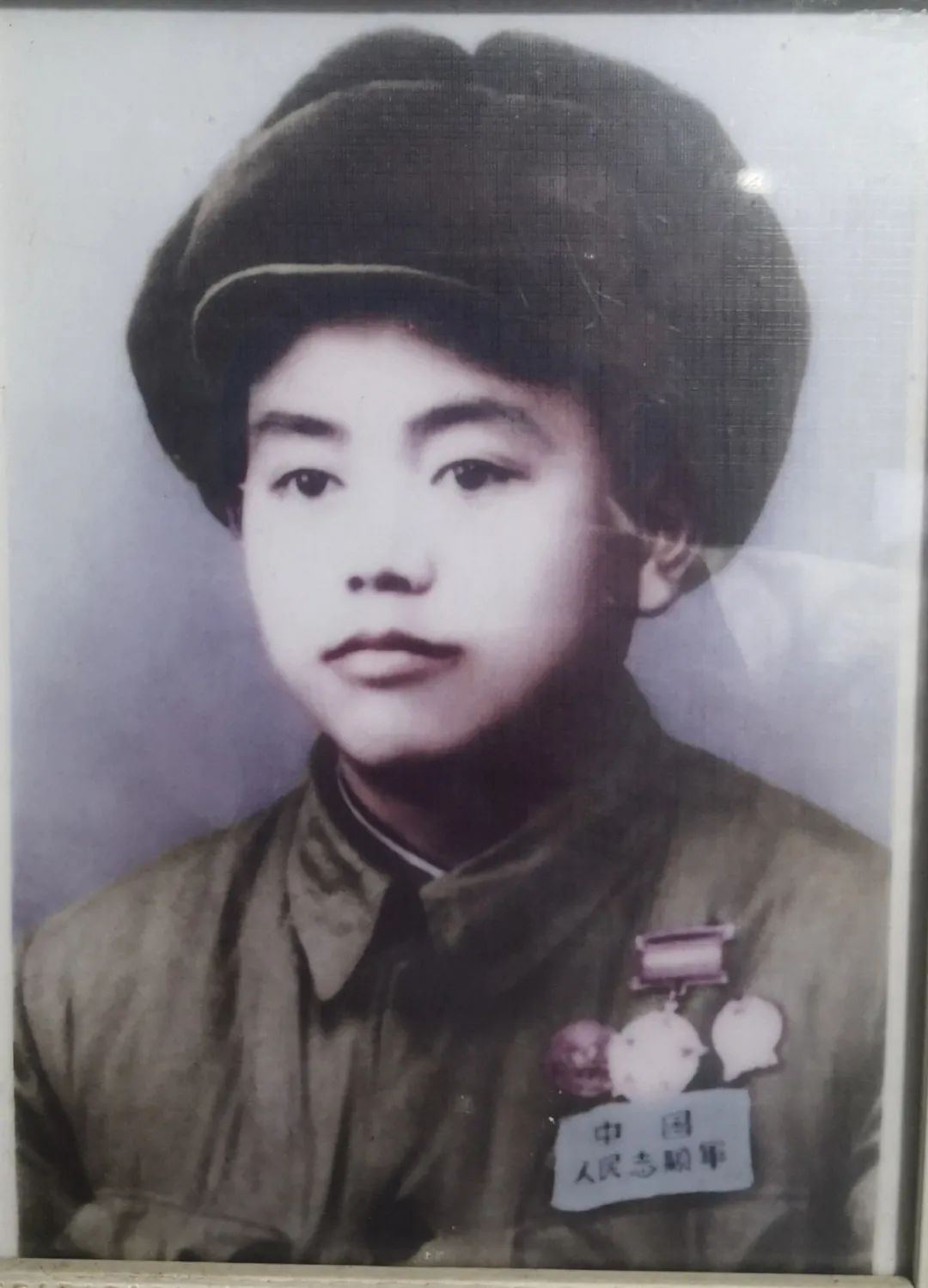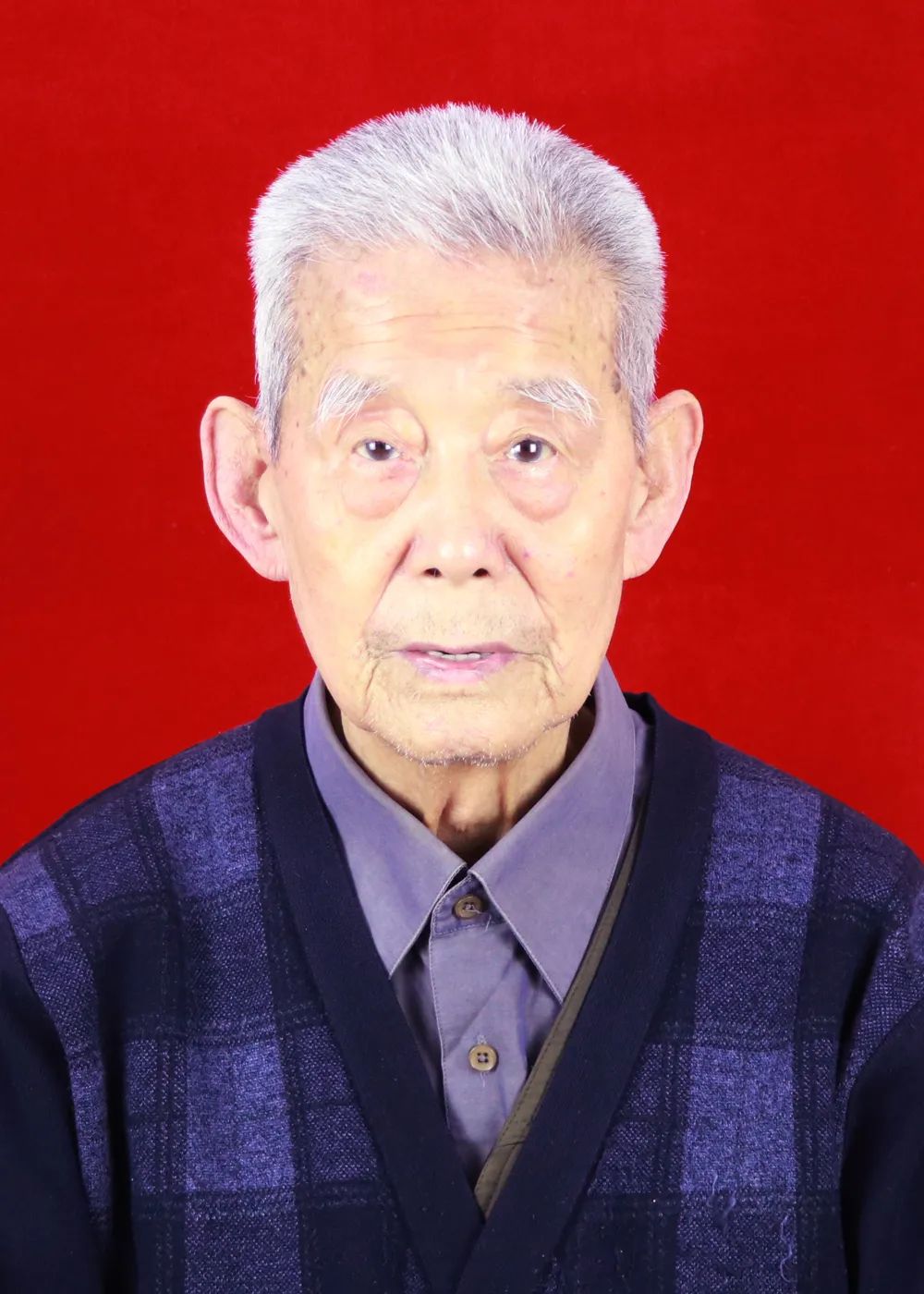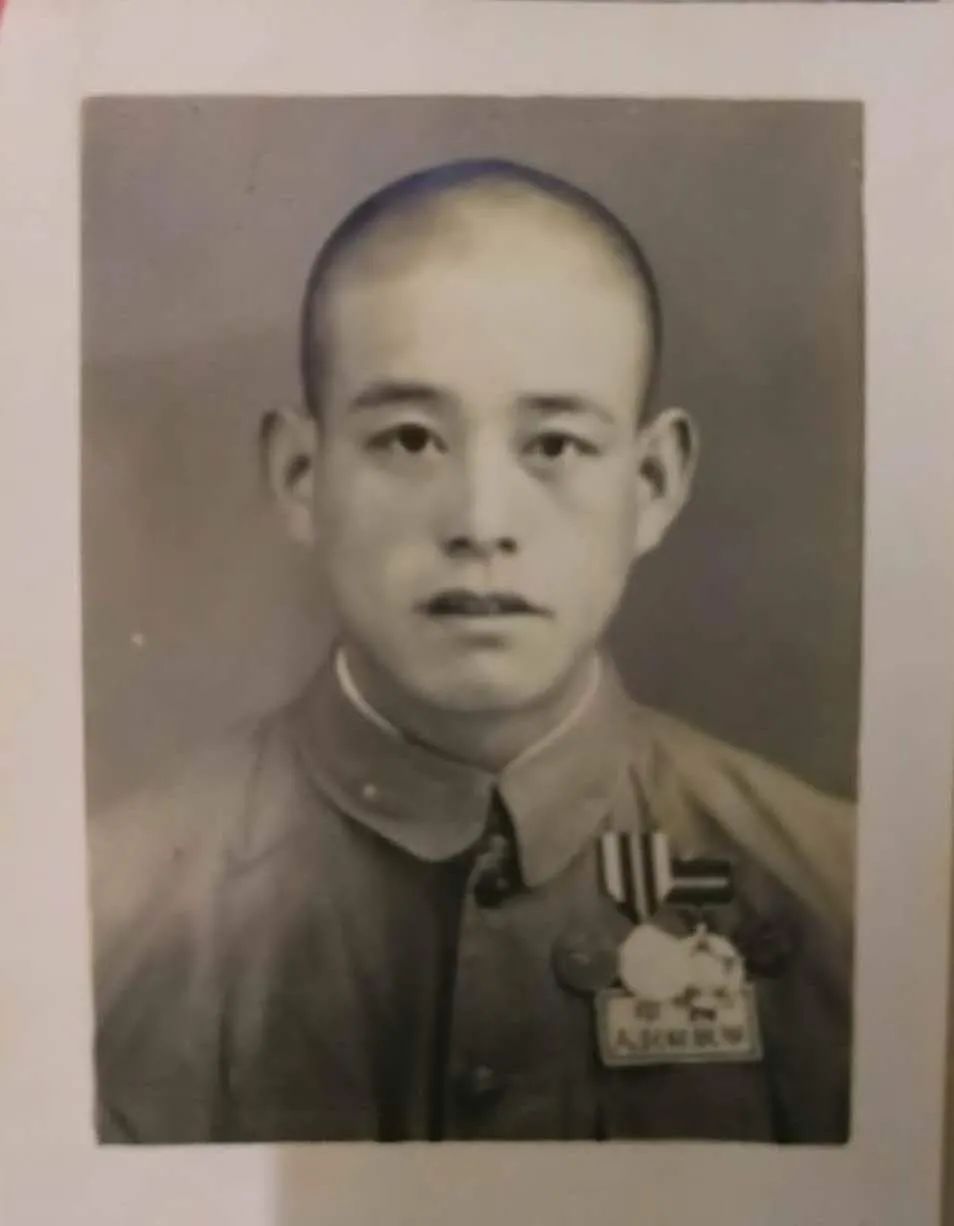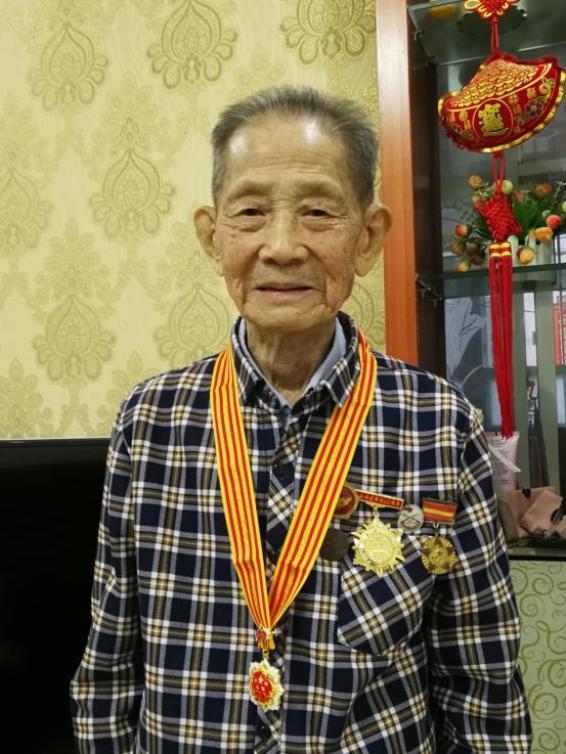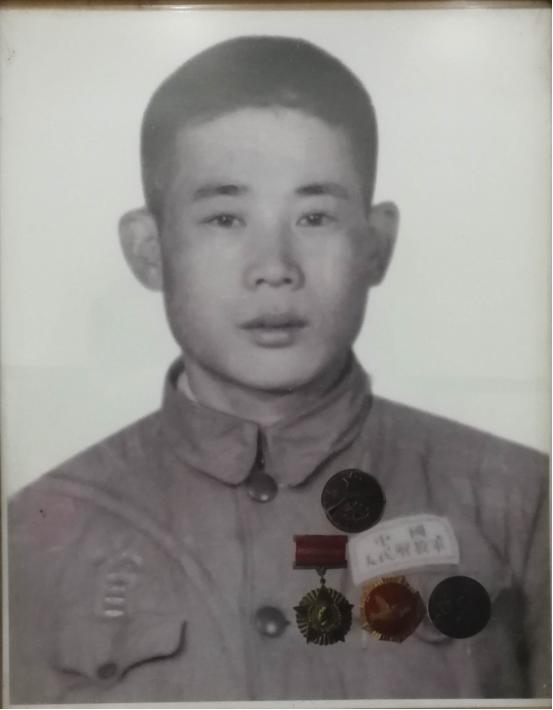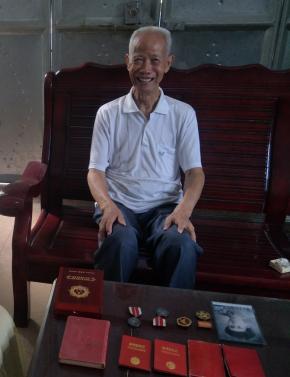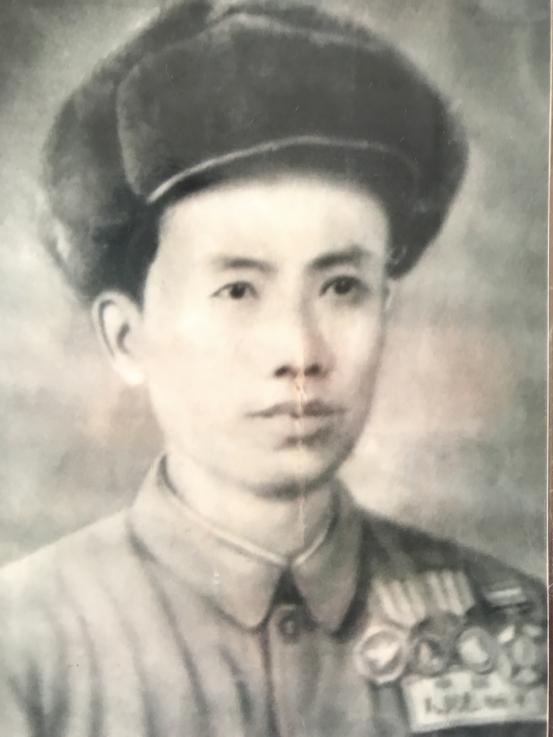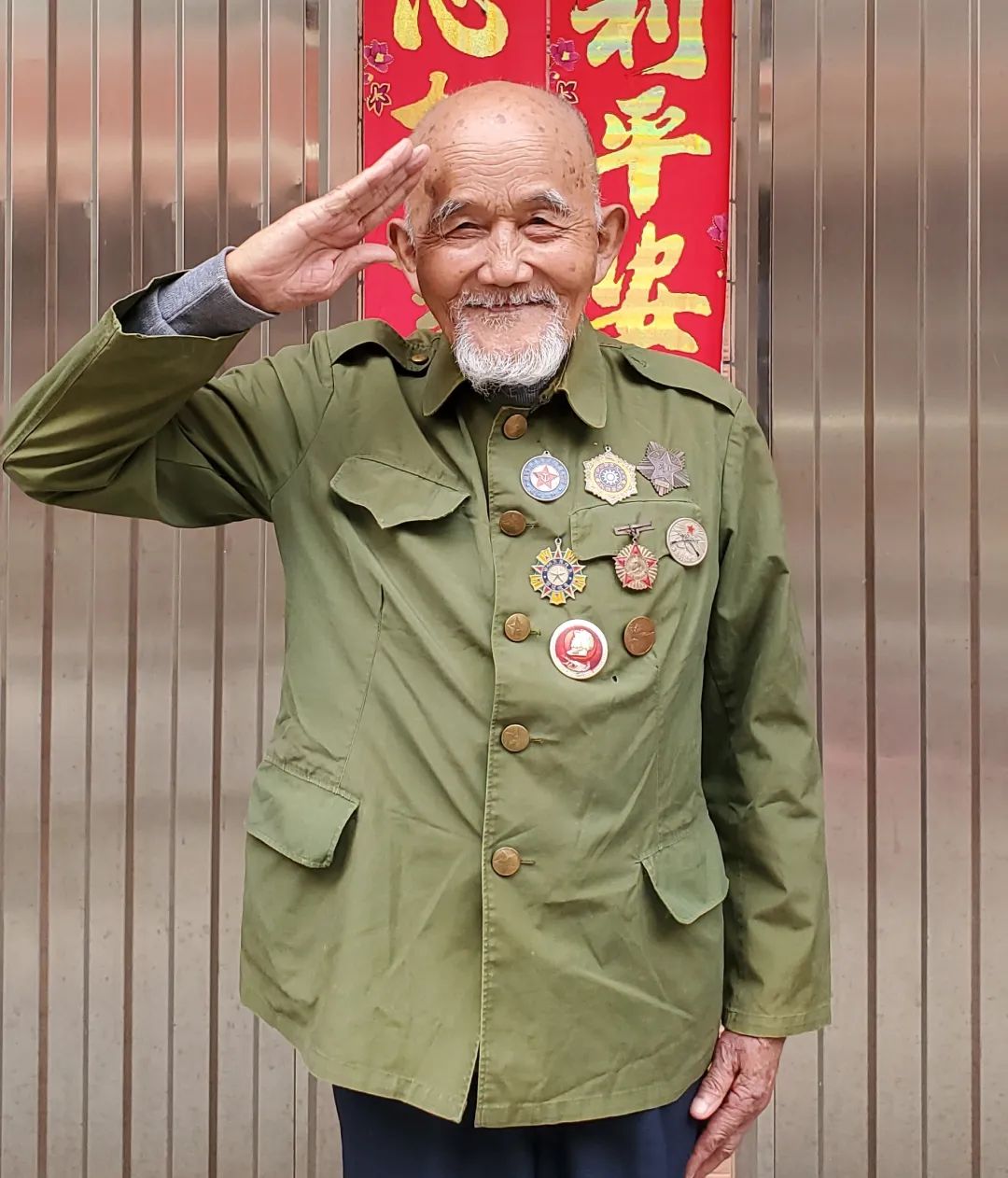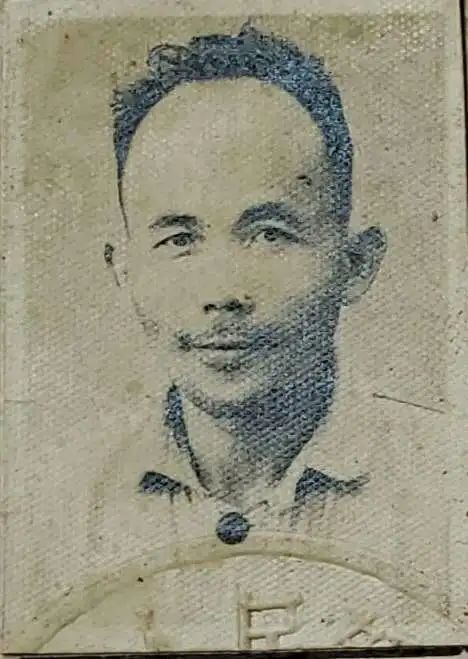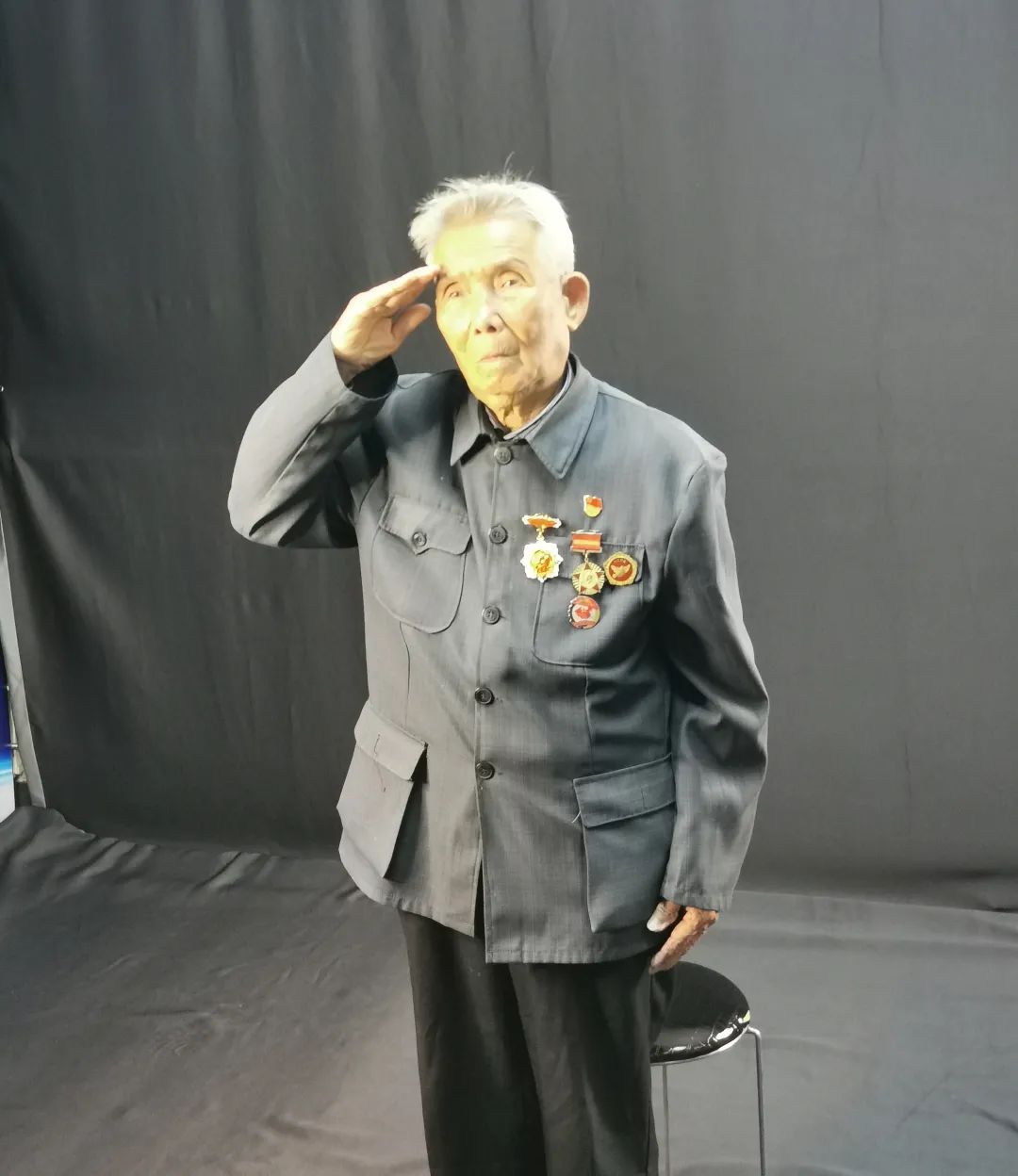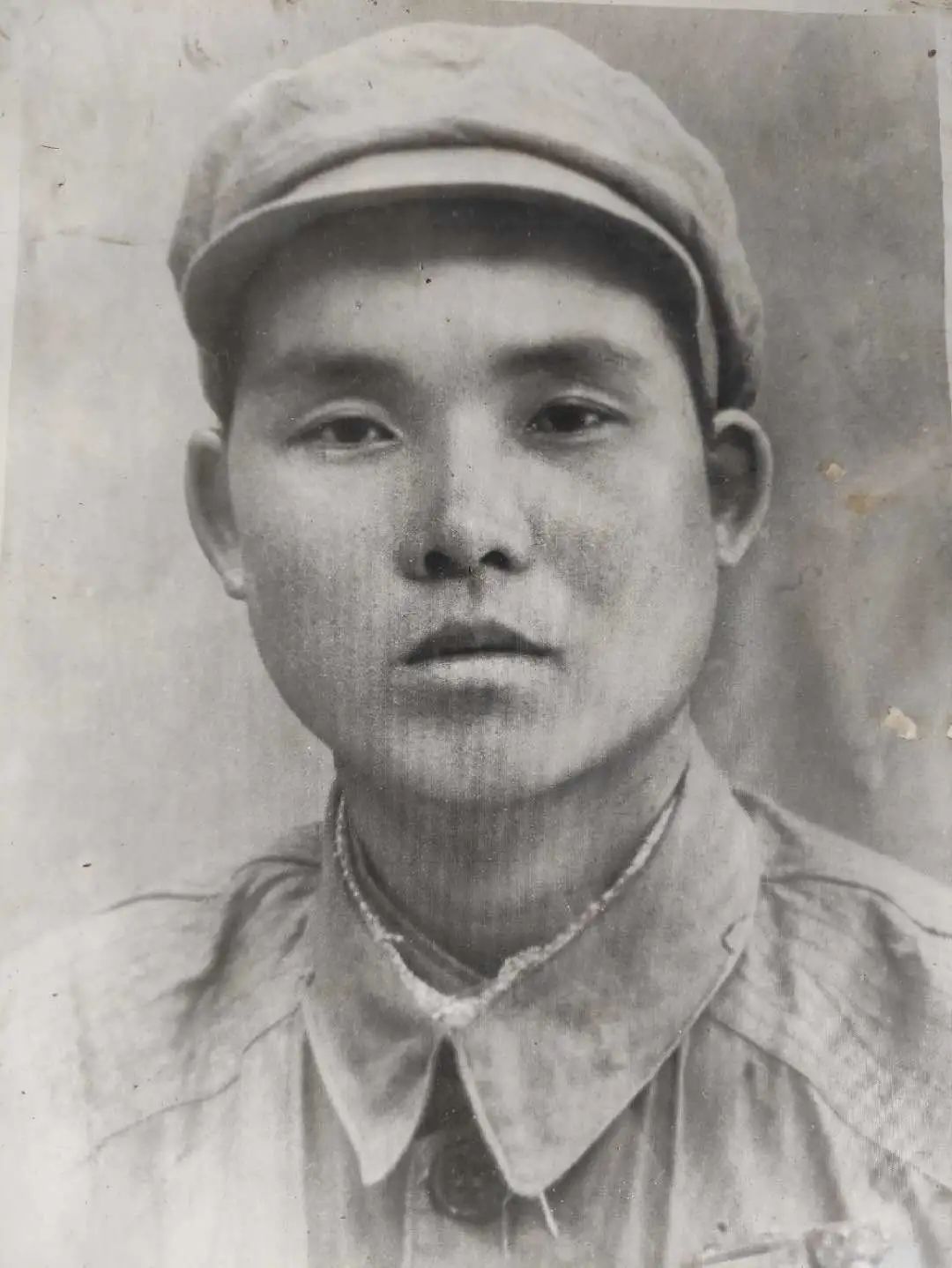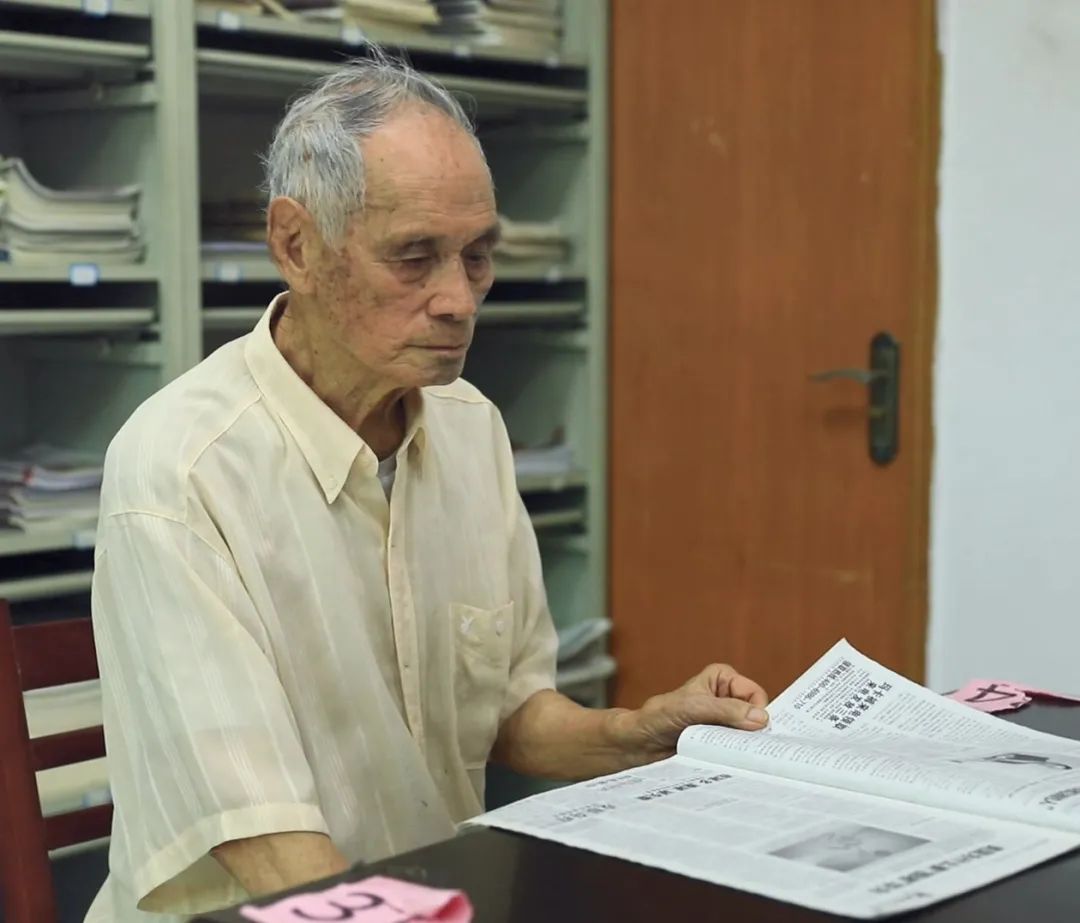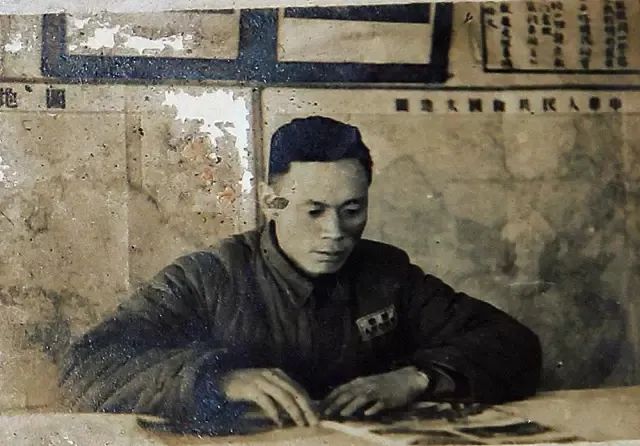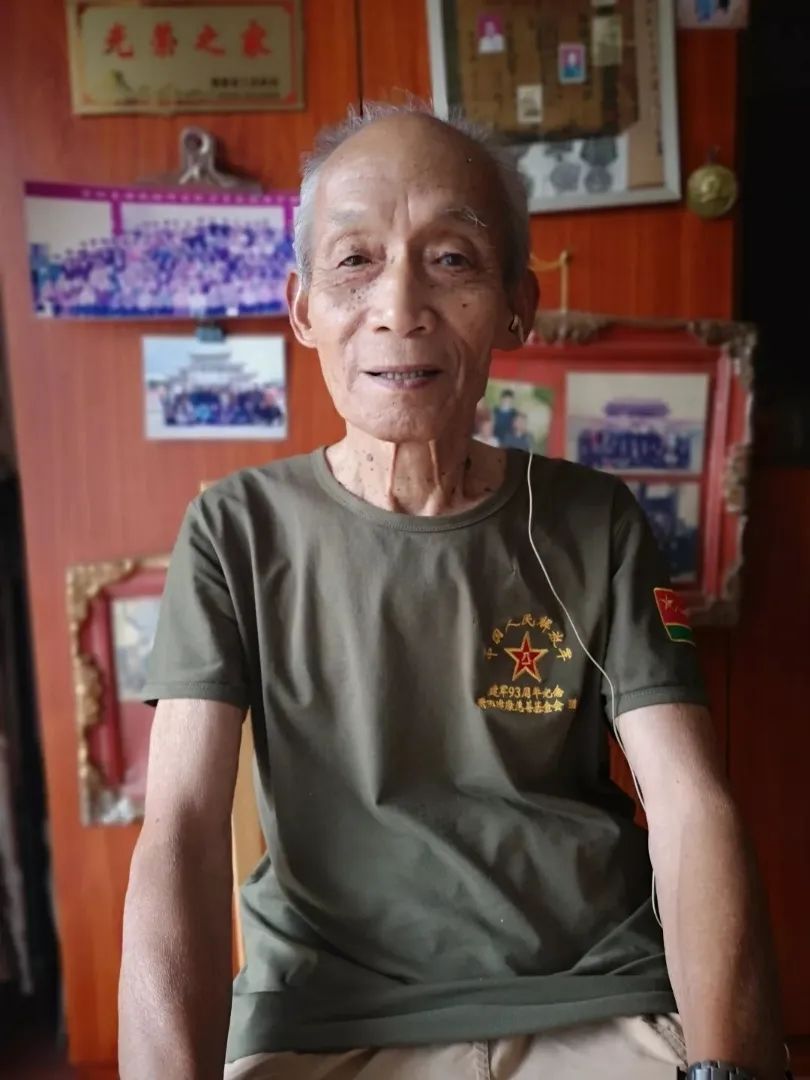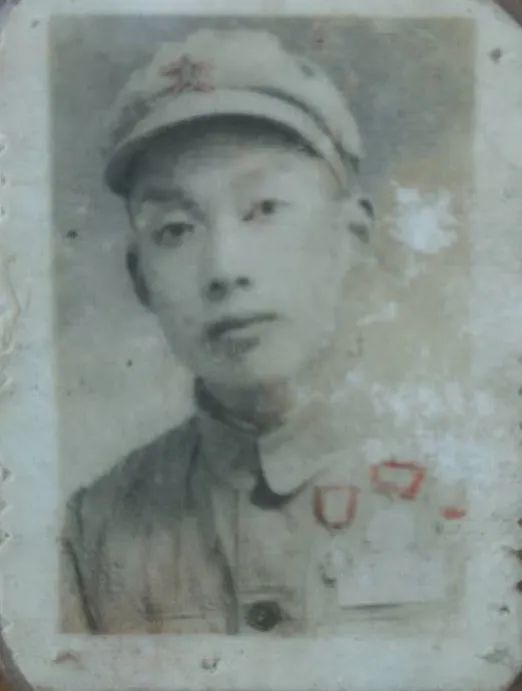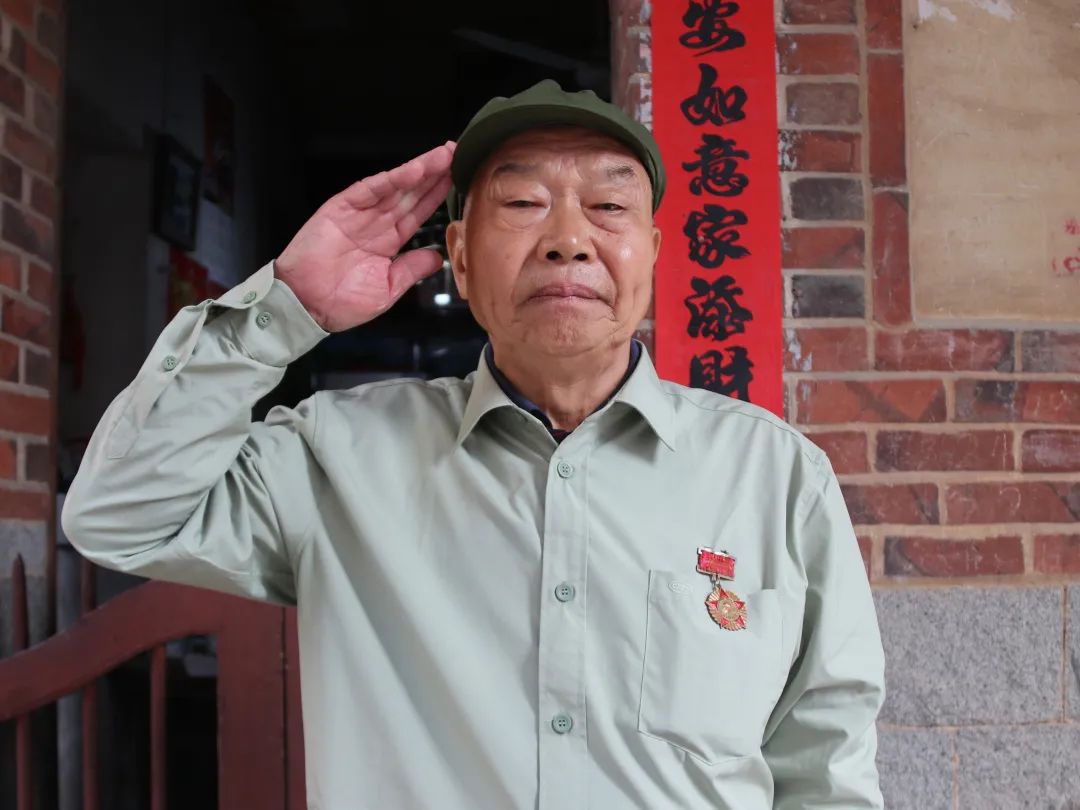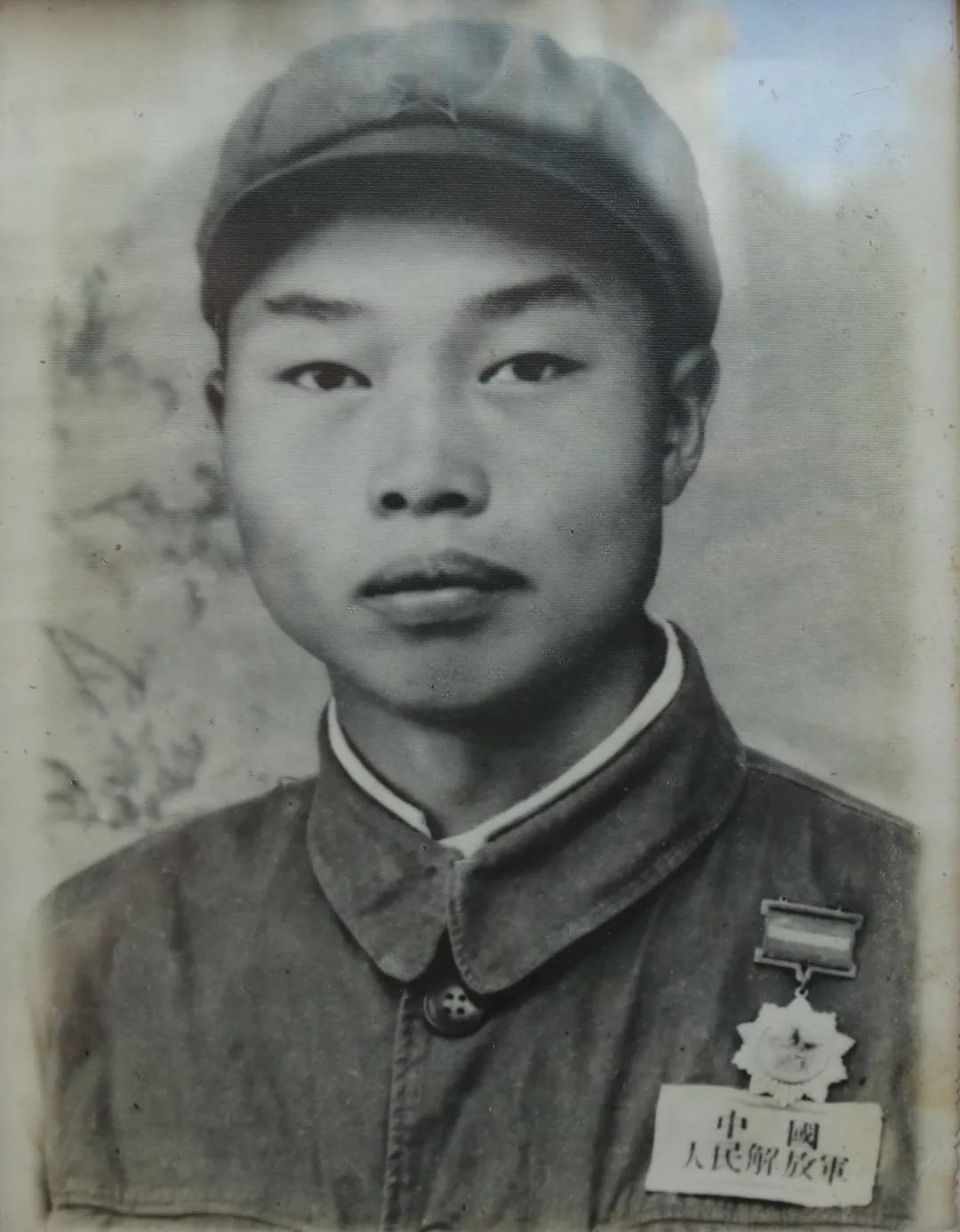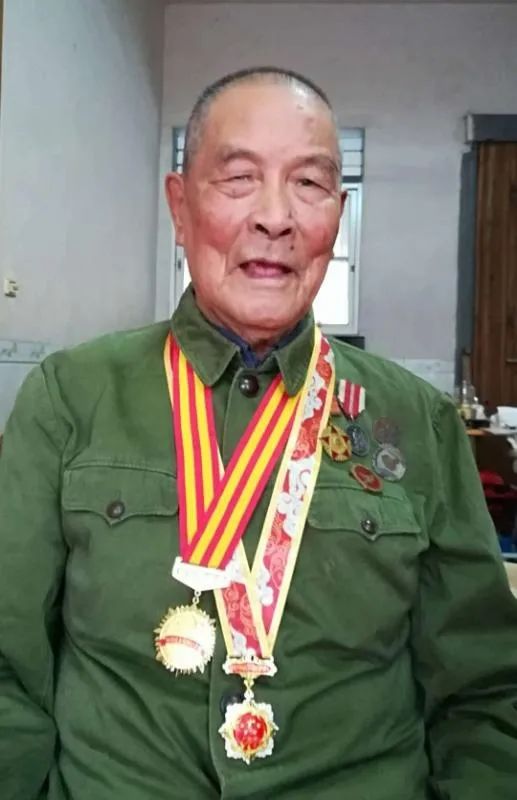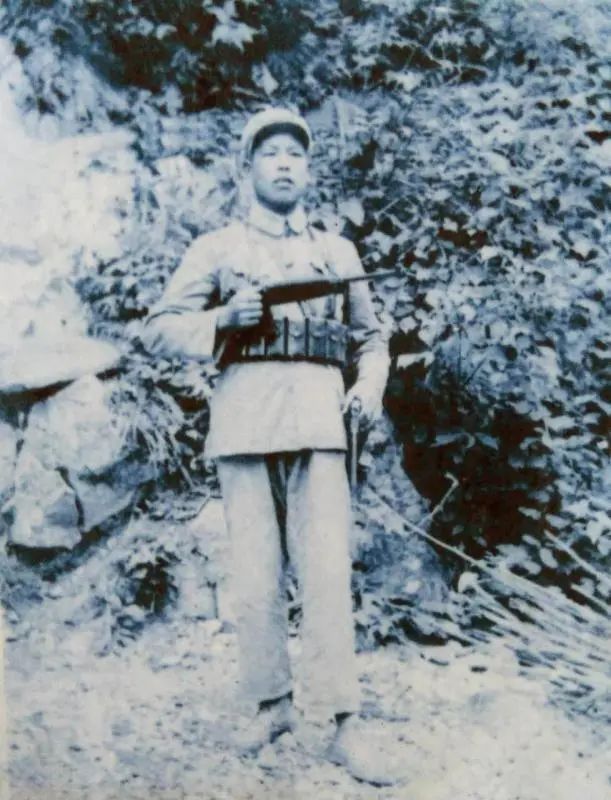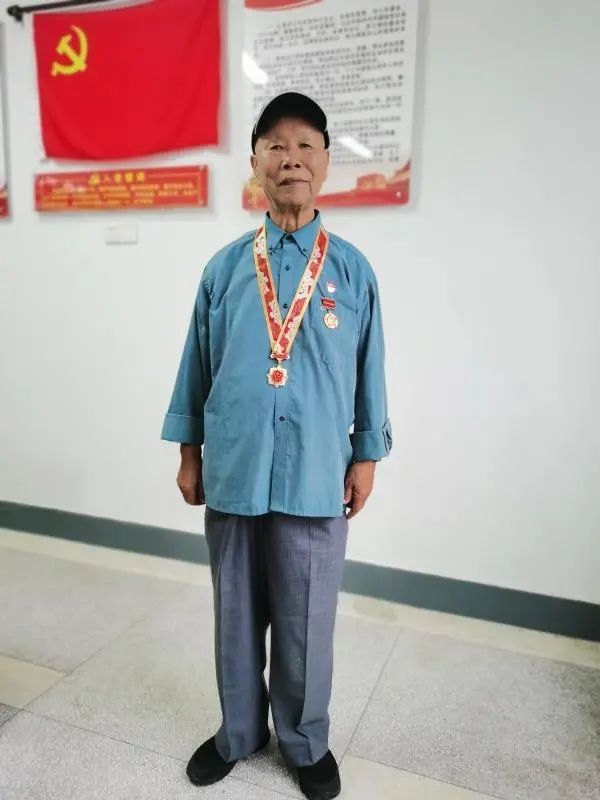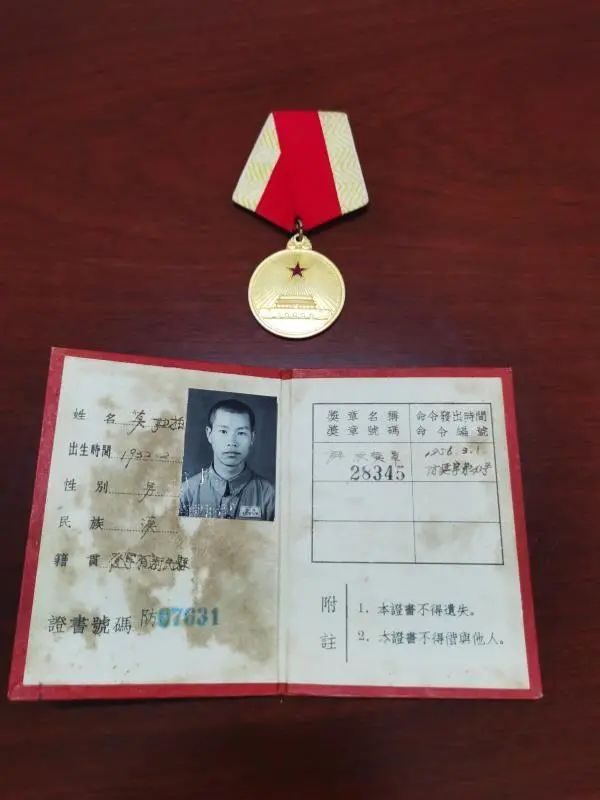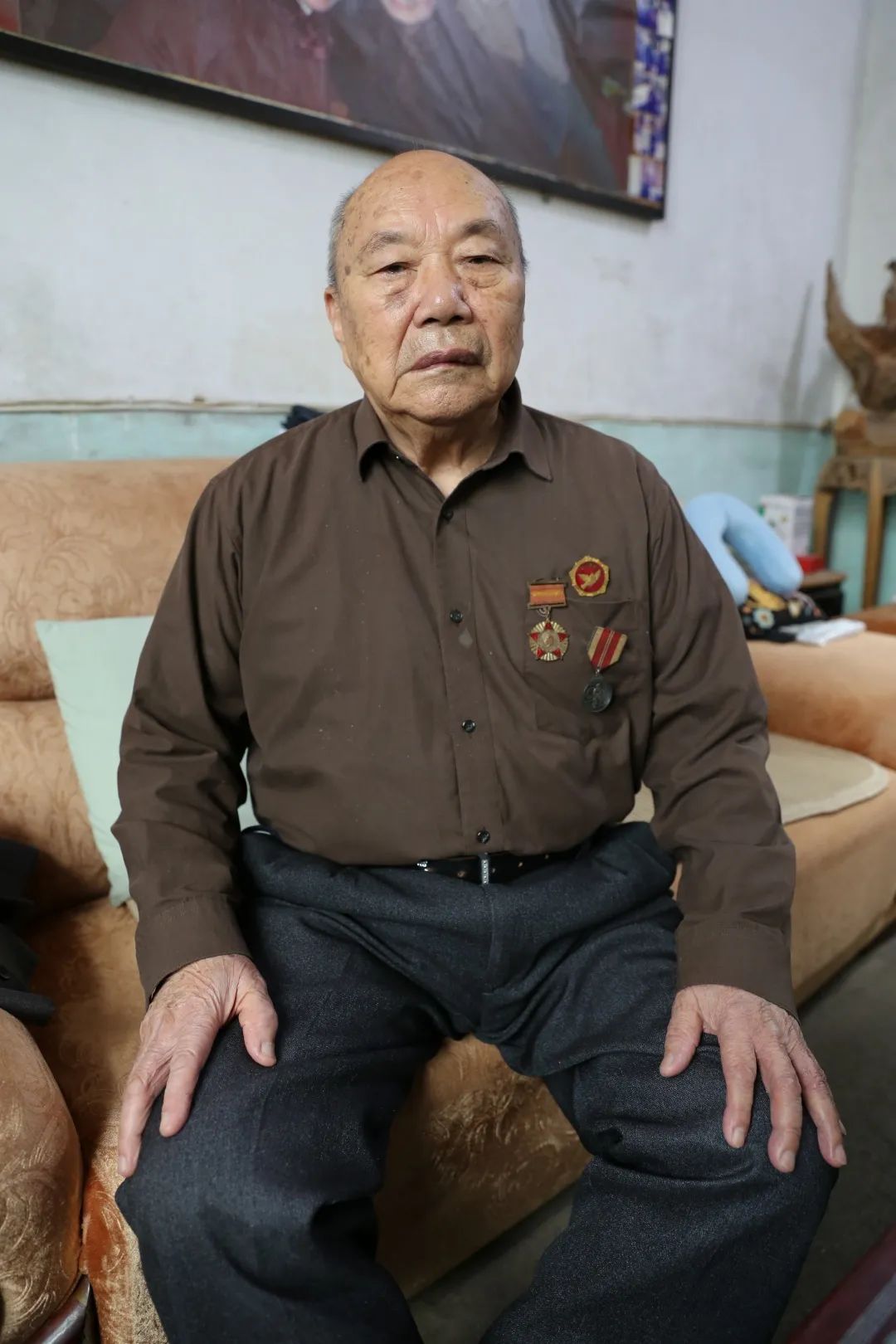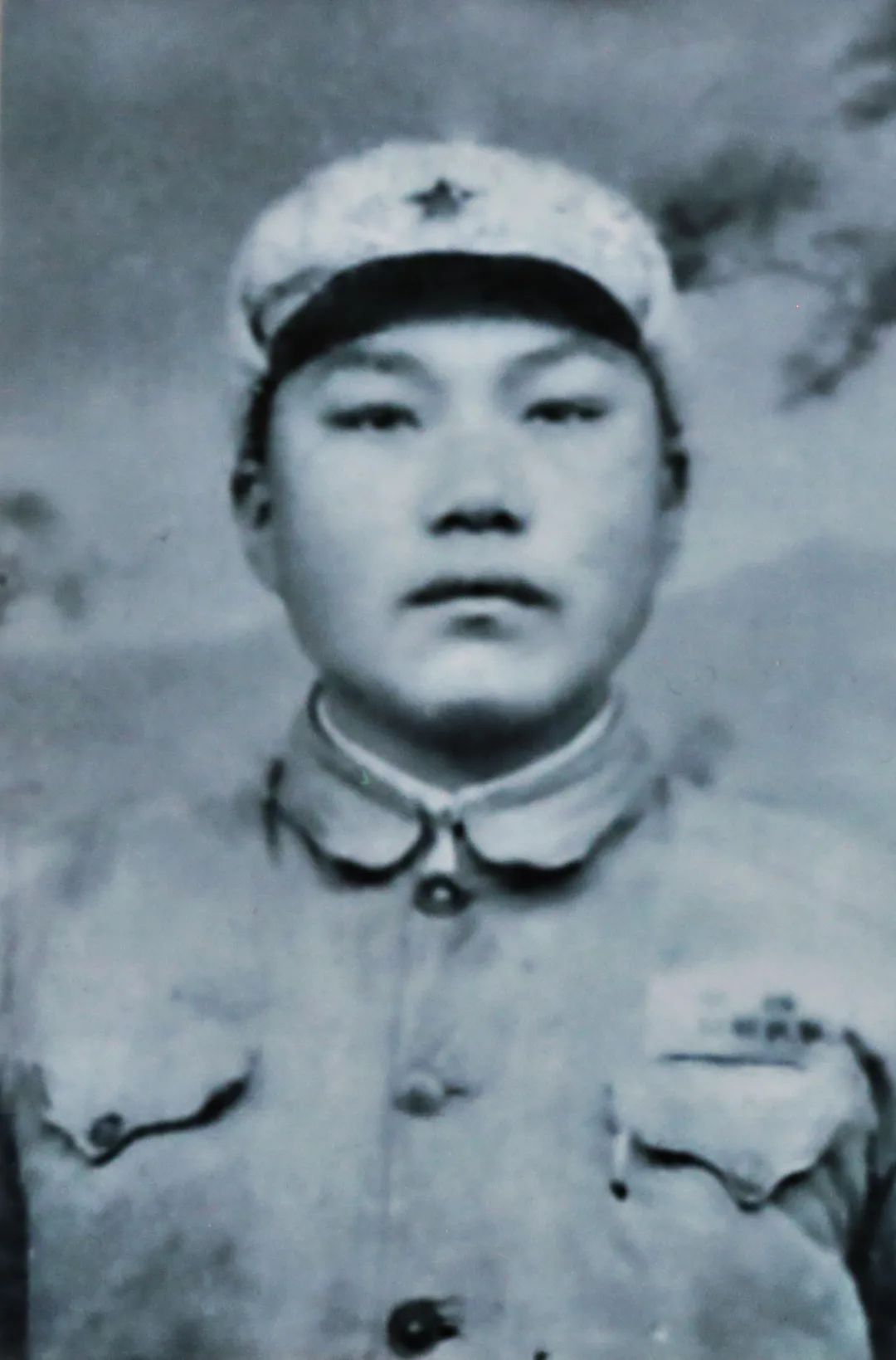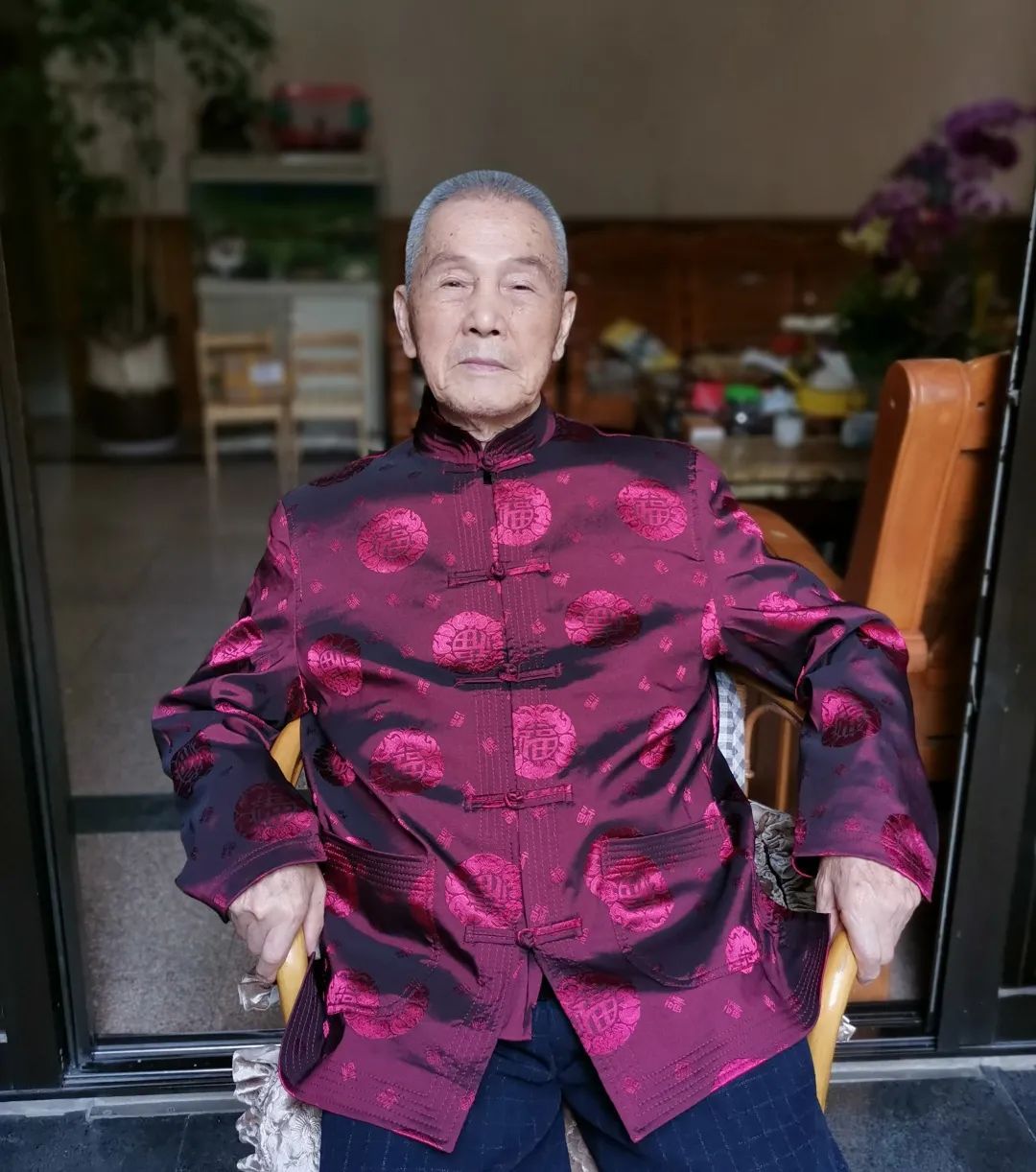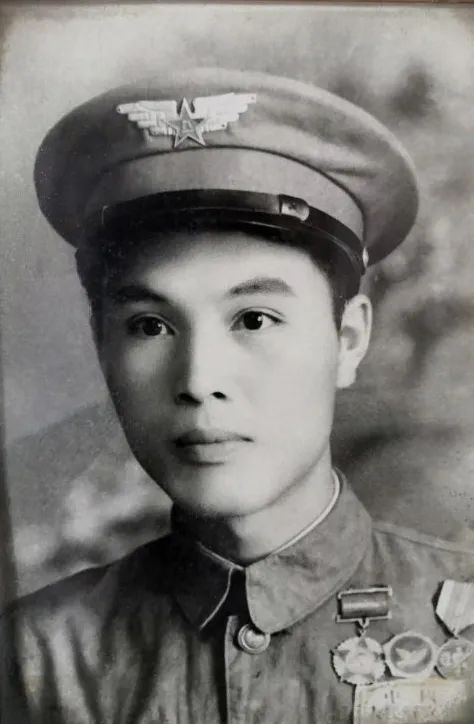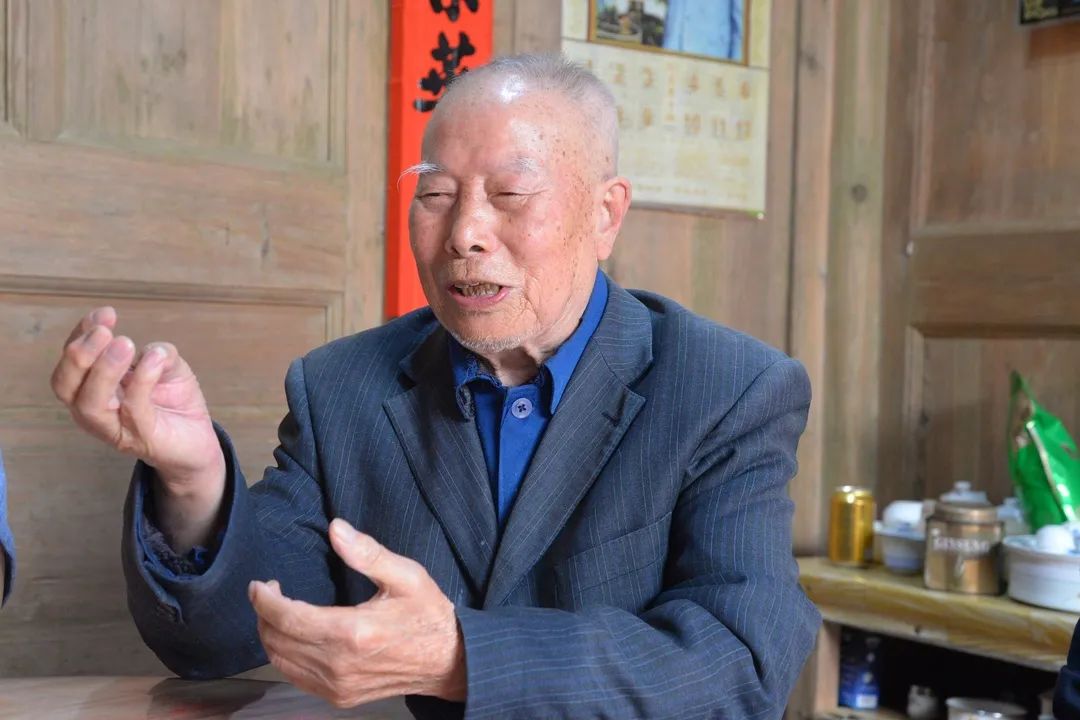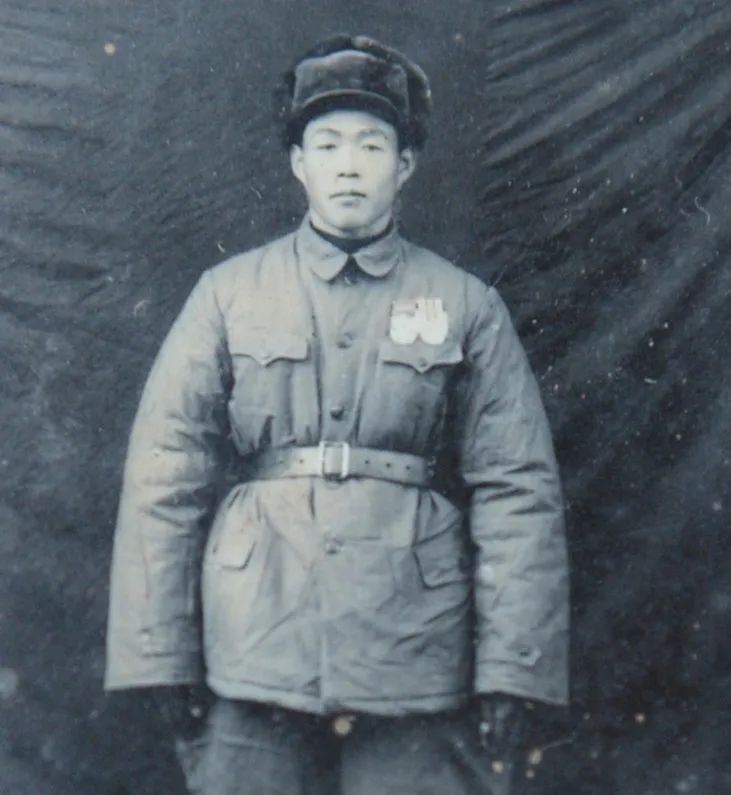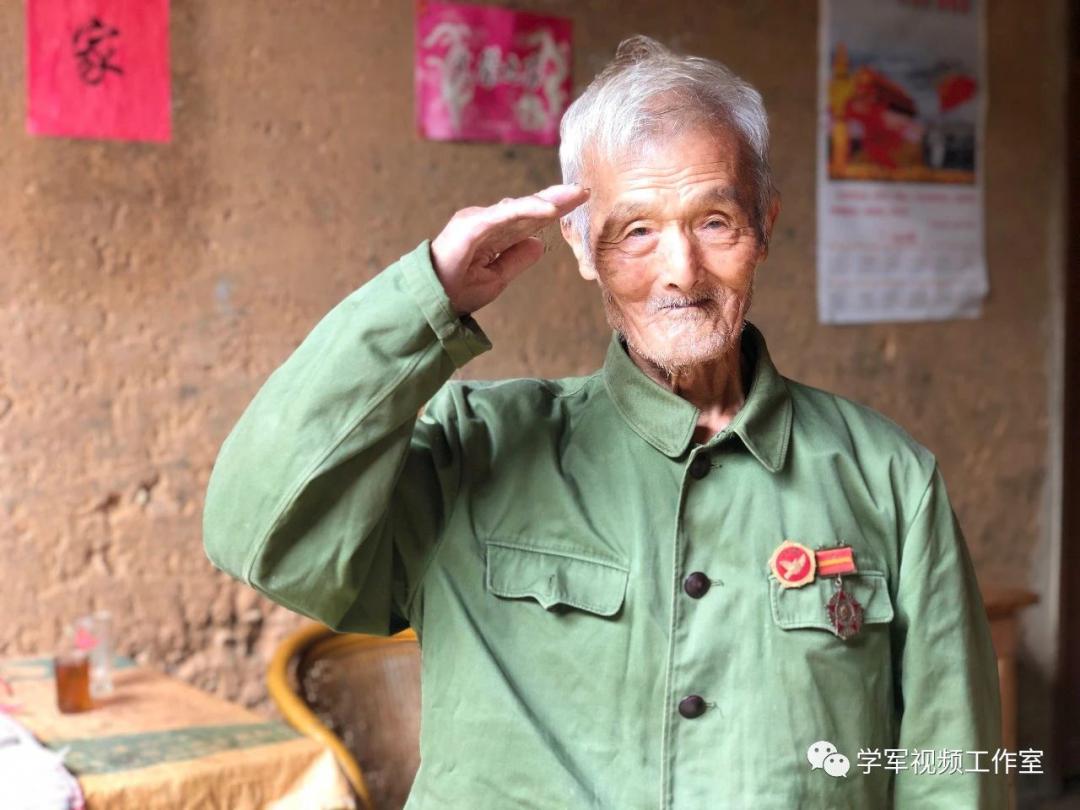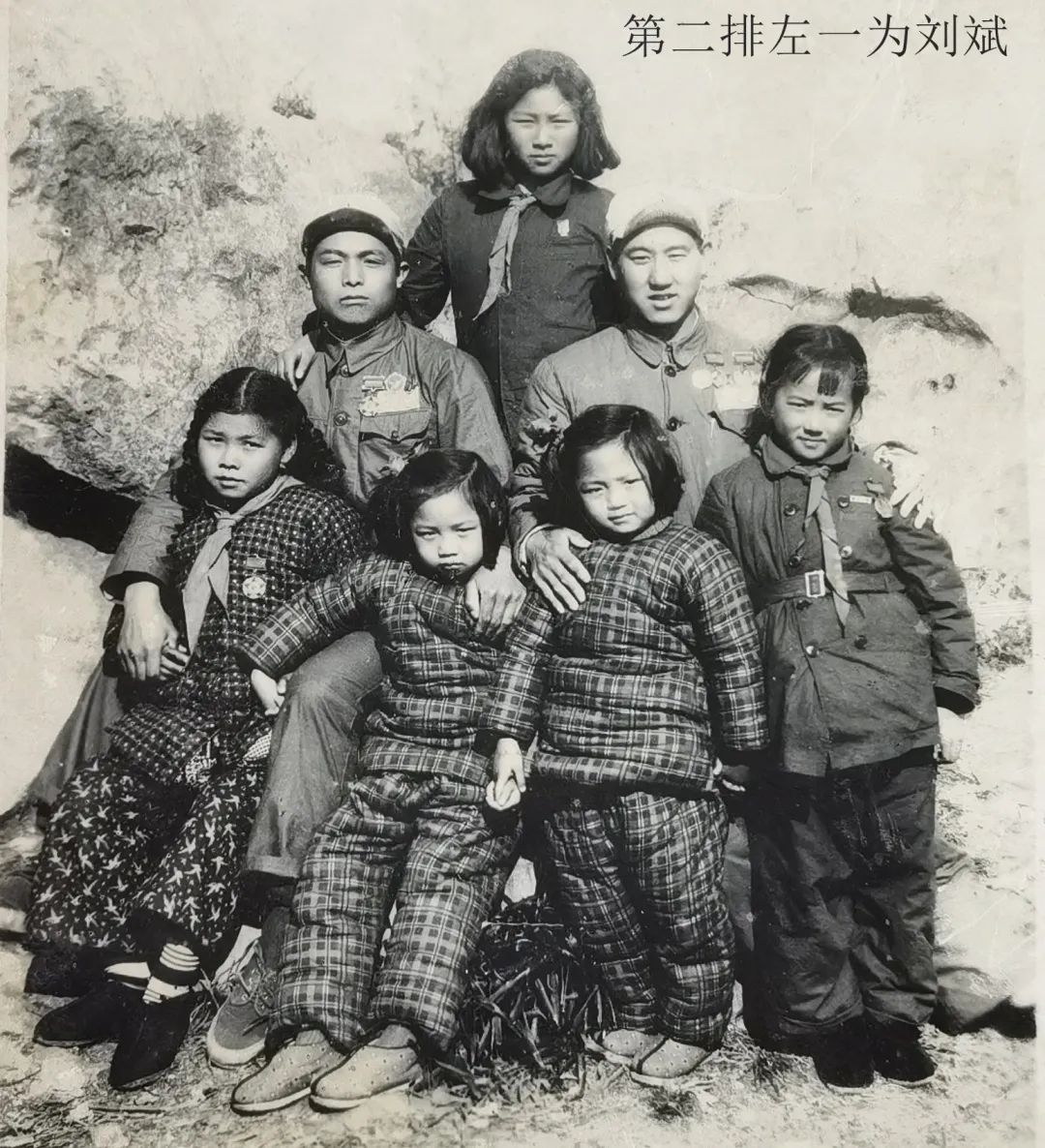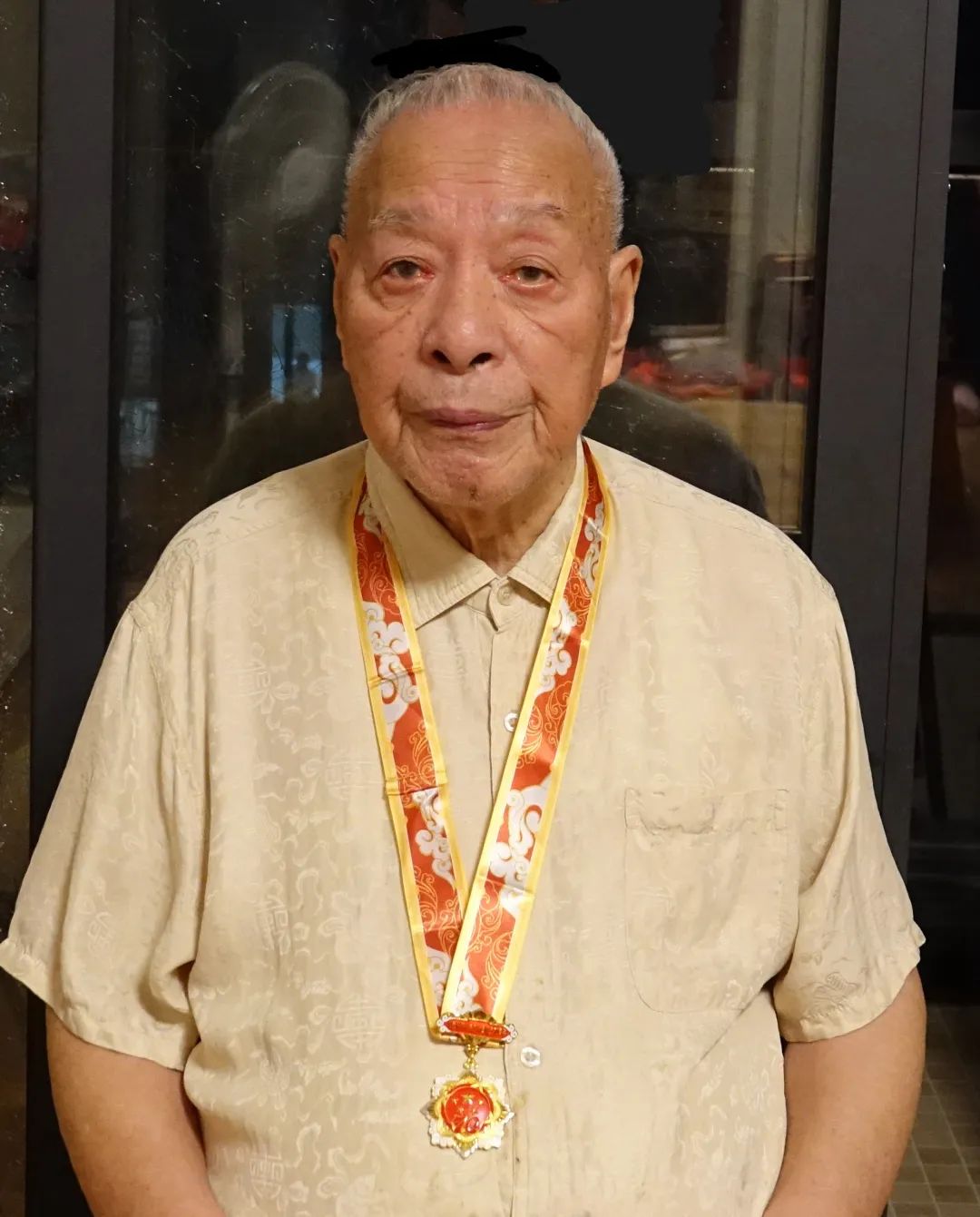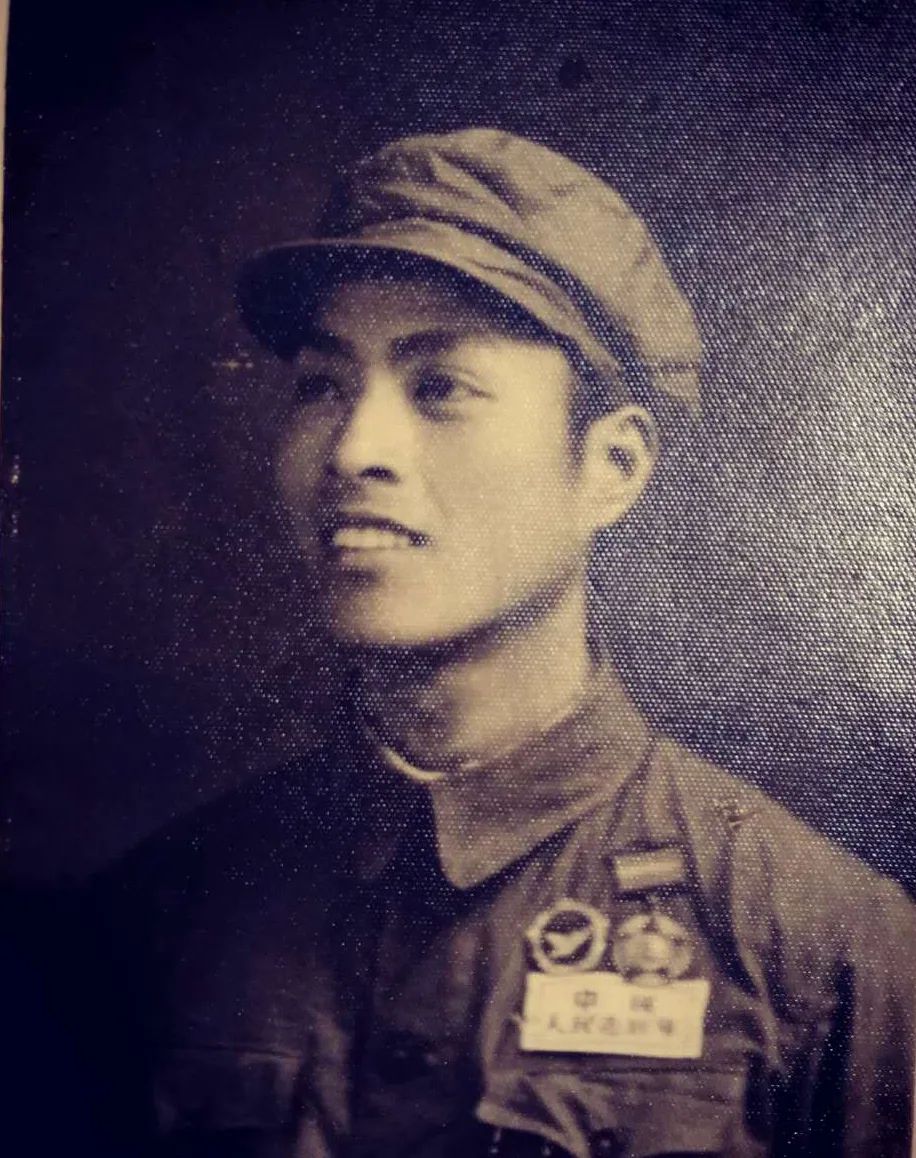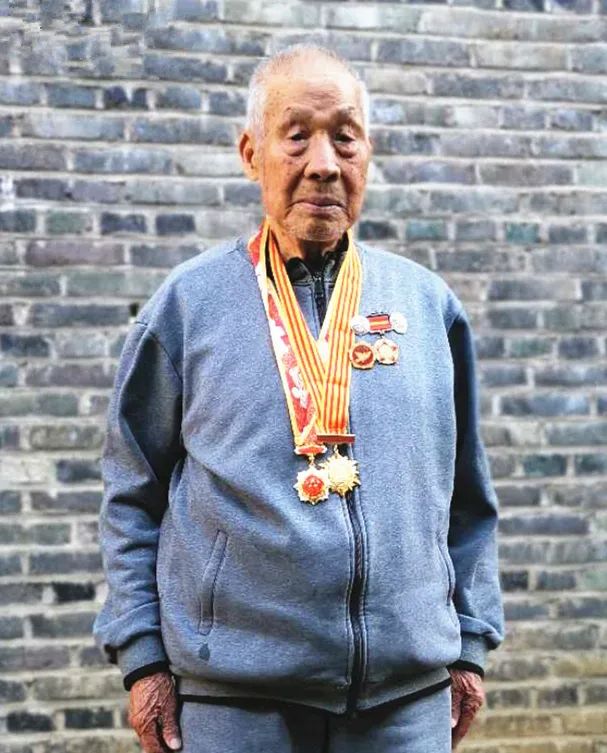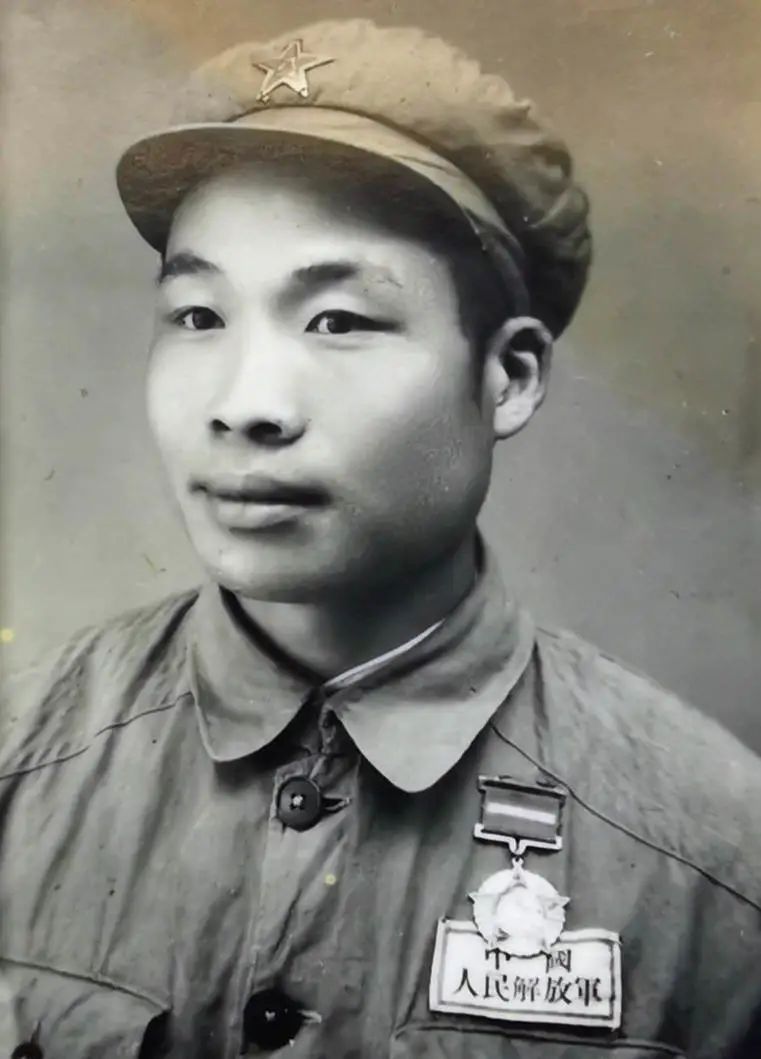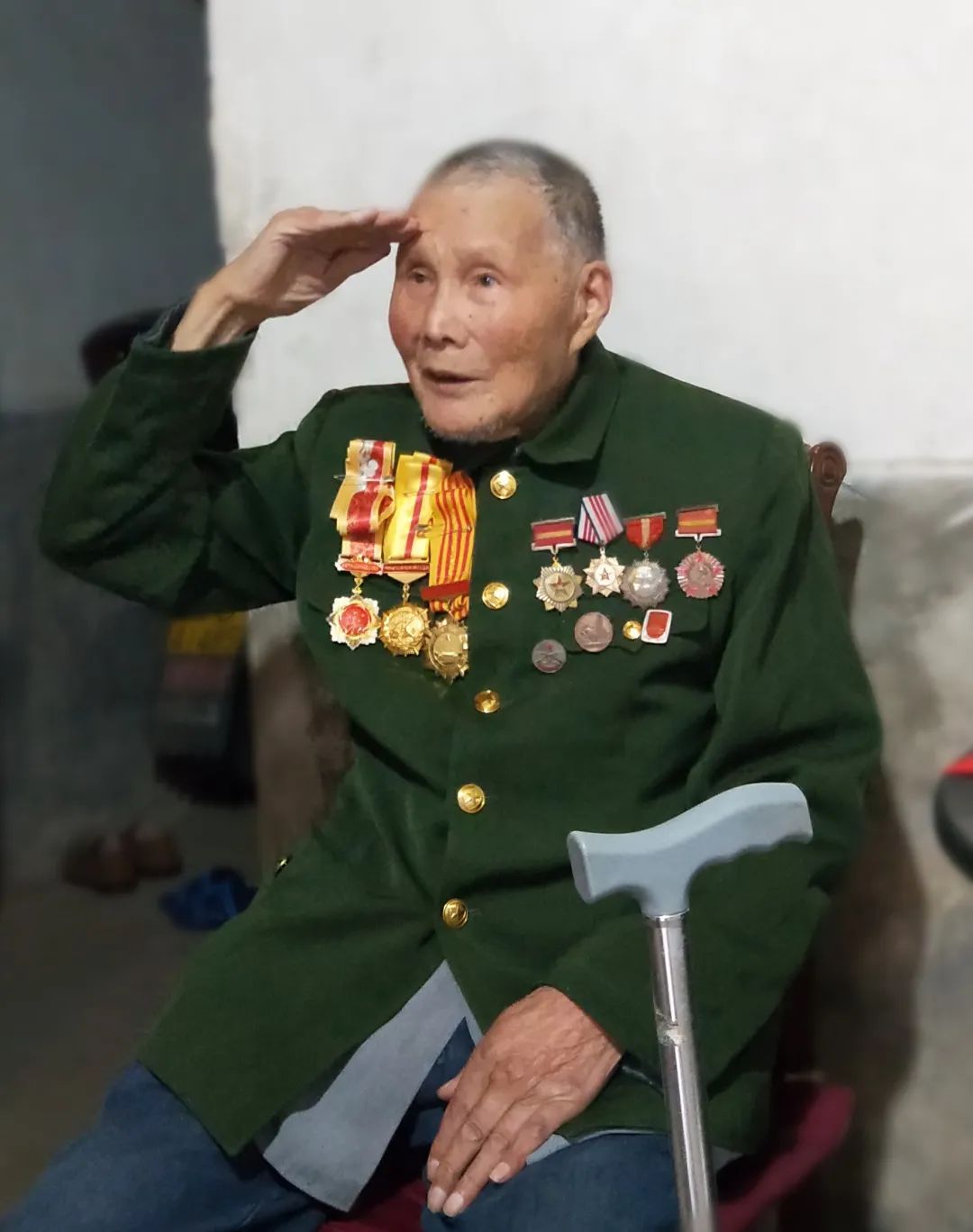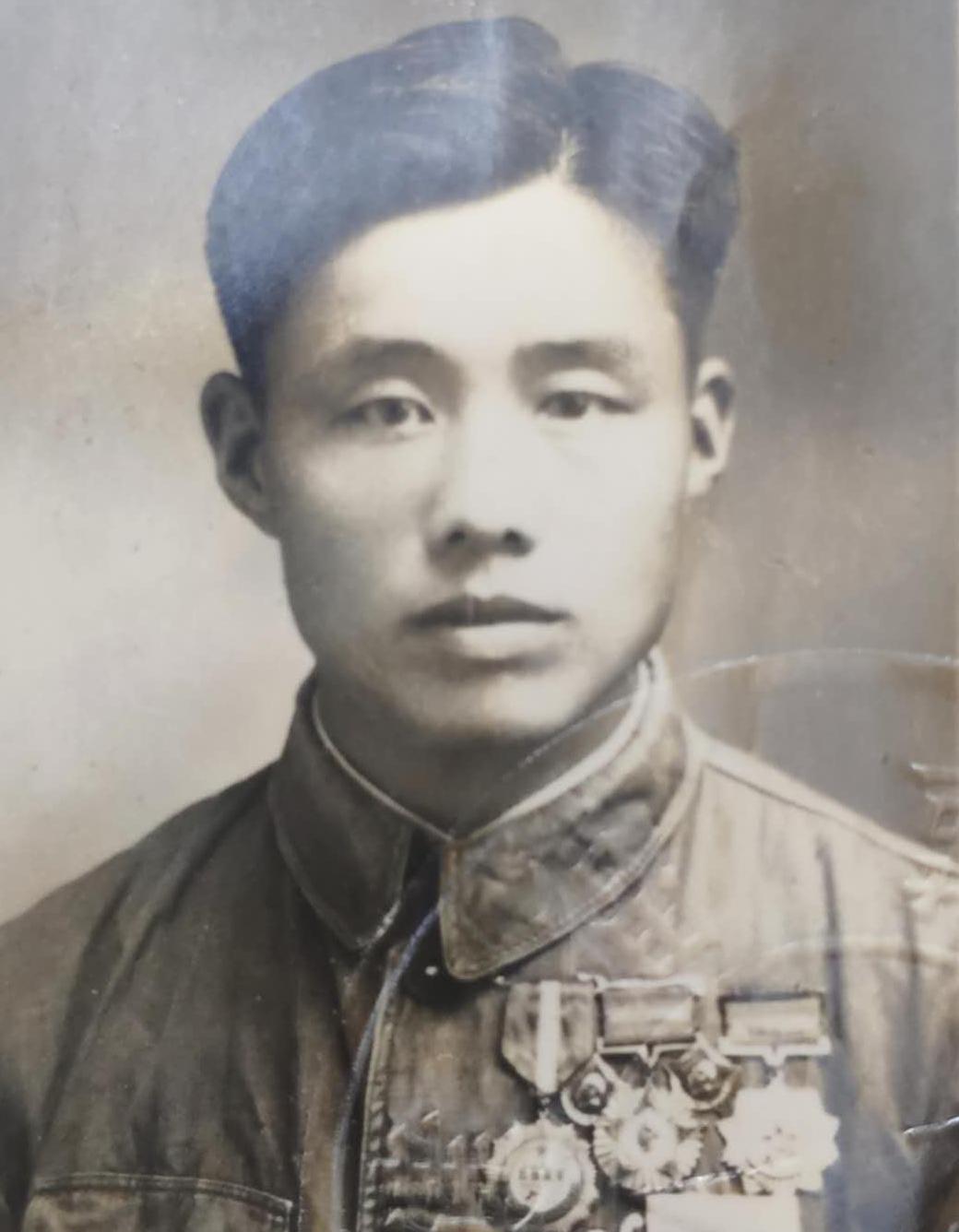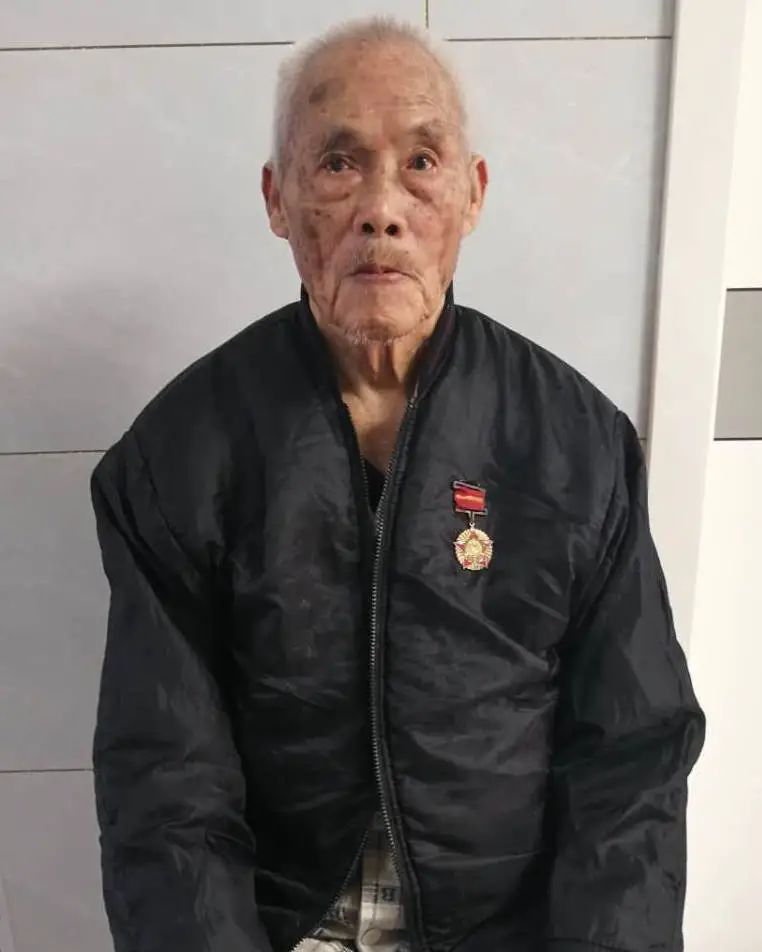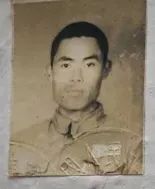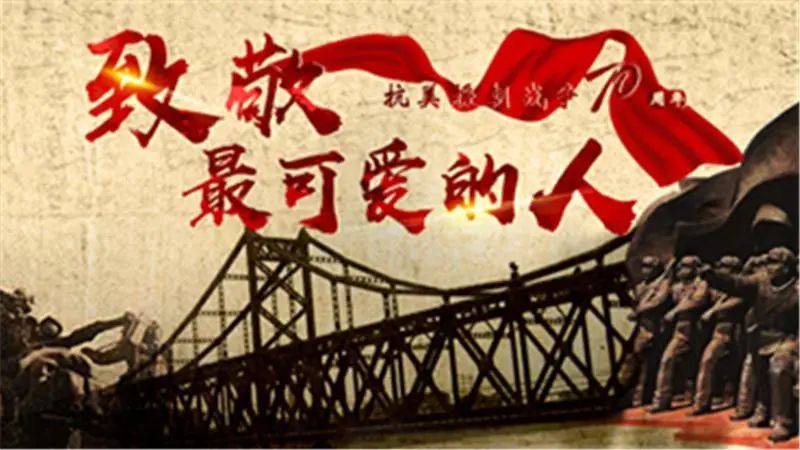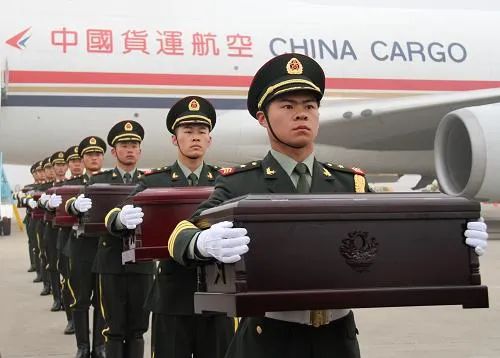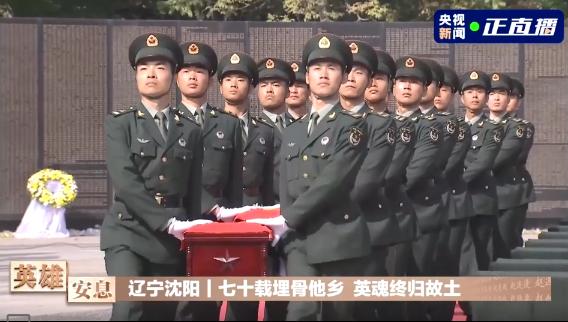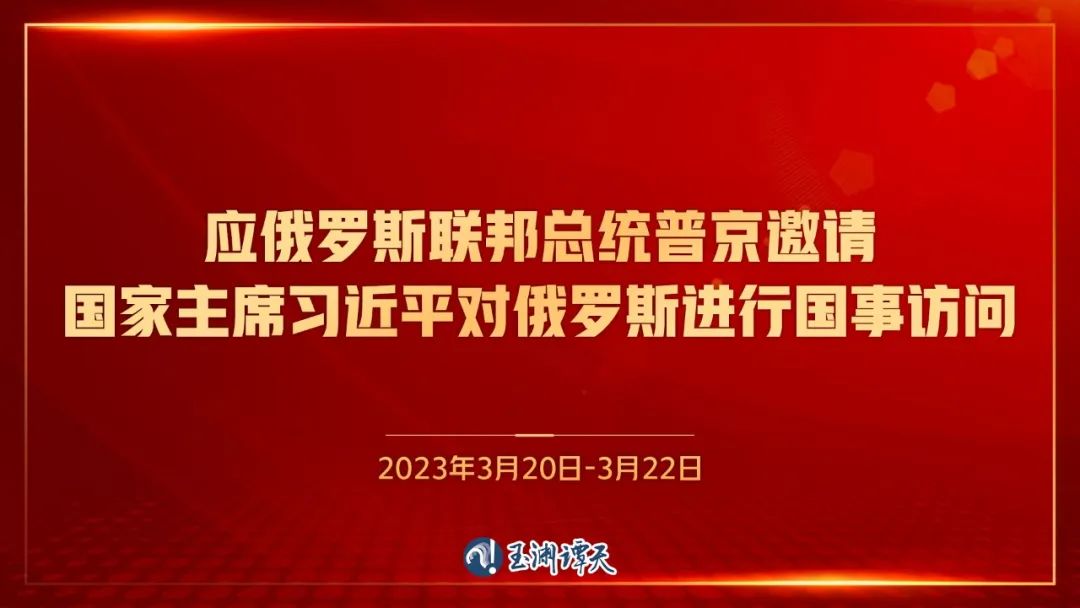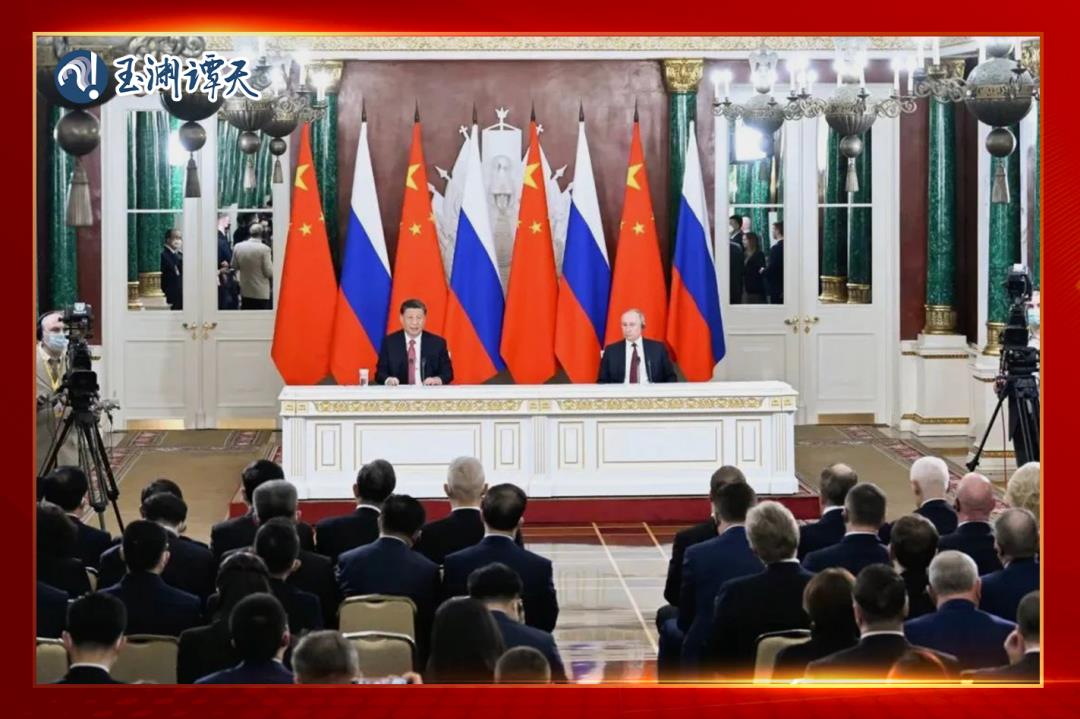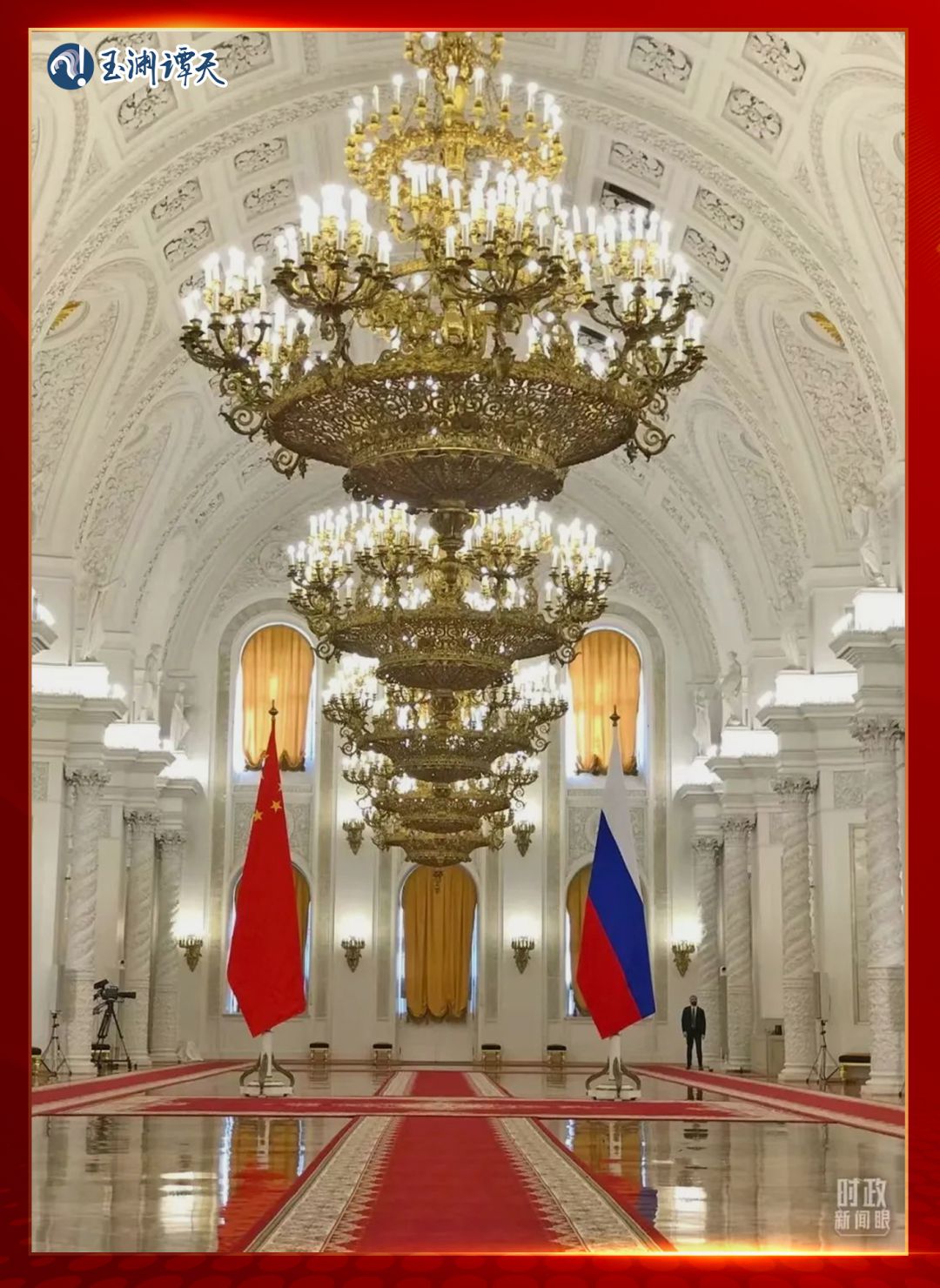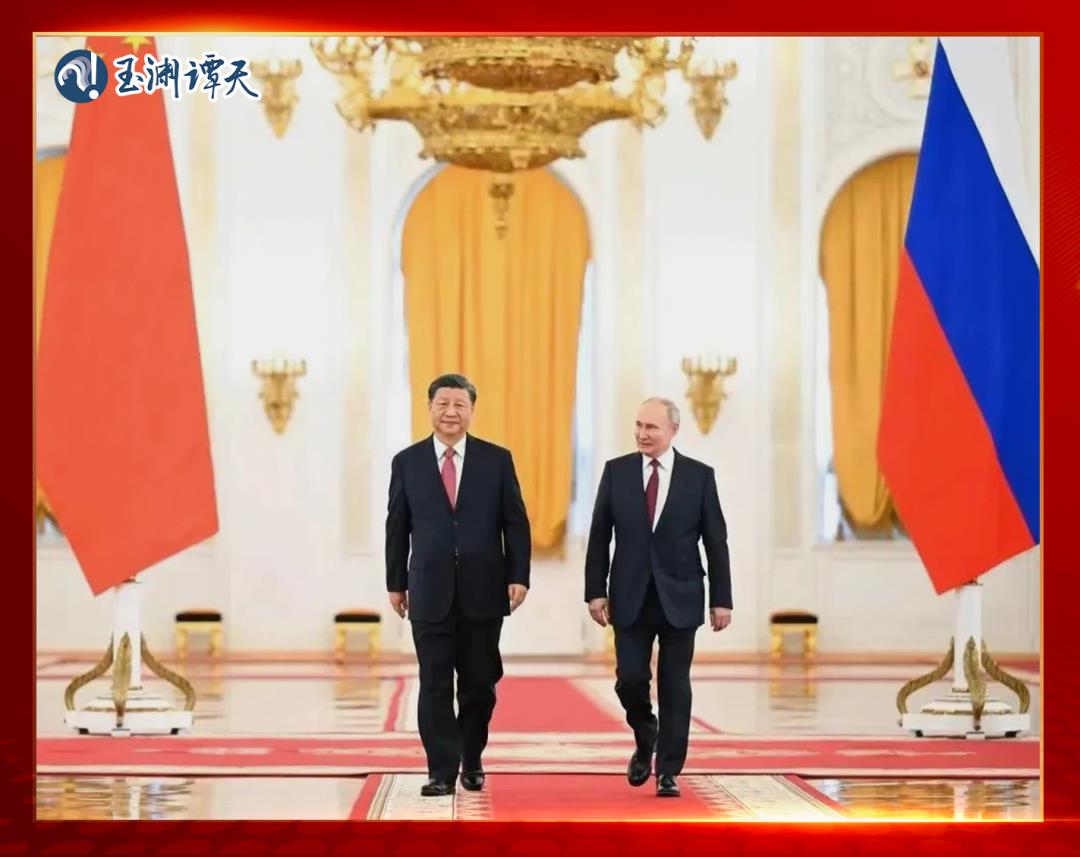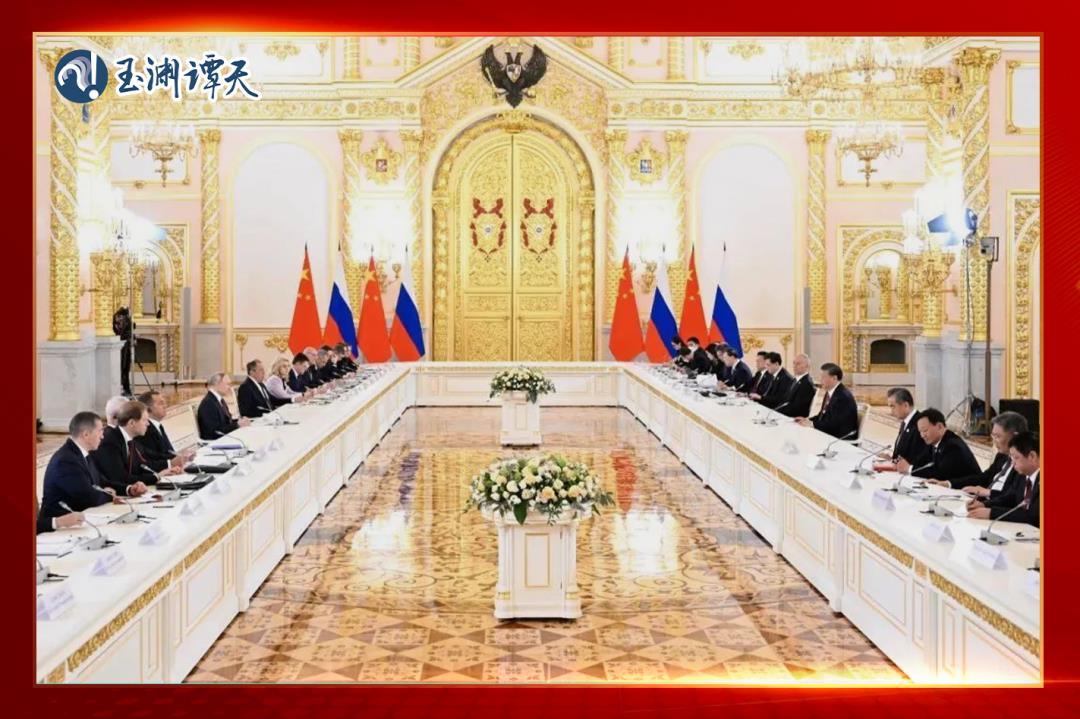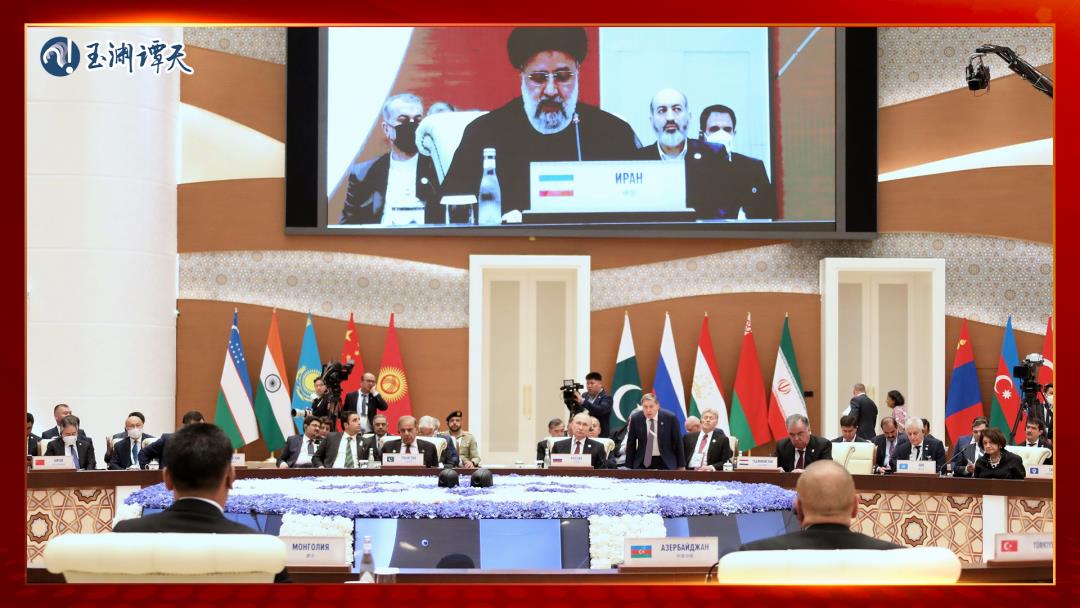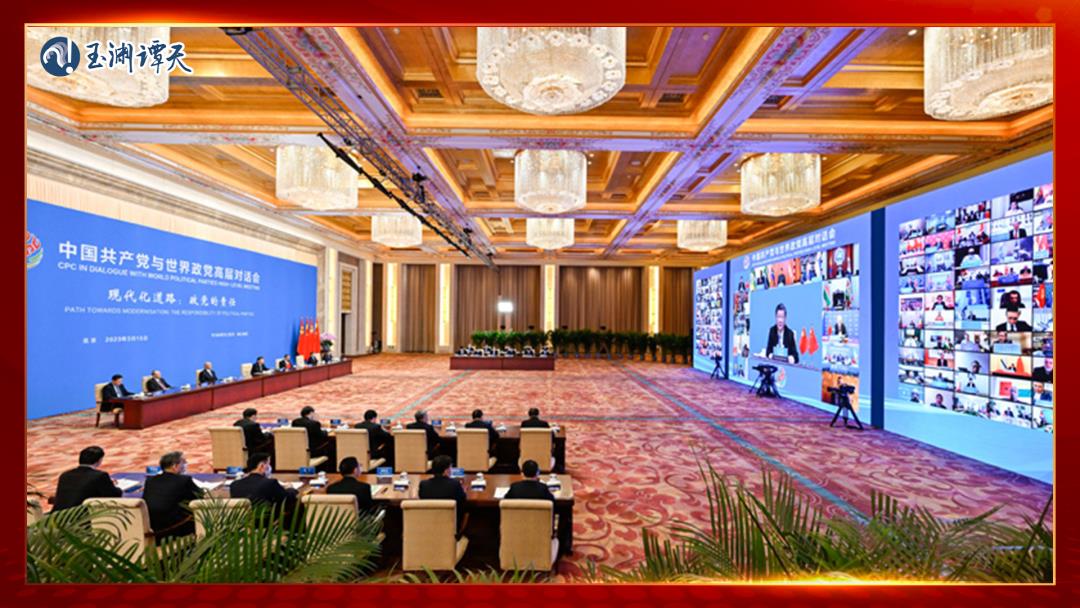In the new era, the mountains and rivers are picturesque and the tide is surging. We have experienced three major events of great practical significance and far-reaching historical significance for the cause of the Party and the people: first, we are welcoming the centenary of the founding of the Communist Party of China (CPC); second, Socialism with Chinese characteristics has entered a new era; third, we have completed the historical task of getting rid of poverty and building a well-off society in an all-round way, and achieved the goal of the first century. This is a historic victory won by the United struggle of the people of the Communist Party of China (CPC) and China, a historic victory that shines through the history of the development of the Chinese nation, and a historic victory that has a far-reaching impact on the world, and has written a splendid chapter of Socialism with Chinese characteristics in the new era.
The new journey, the people are heroic and have great prospects. The 20th National Congress of the Communist Party of China, held at the critical moment when the whole Party and the people of all ethnic groups have embarked on a new journey of building a socialist modern country in an all-round way and marched towards the goal of the second century, sounded the clarion call of the times for a new journey of endeavor. General Secretary of the Supreme Leader issued a great call to "compose a more splendid chapter of Socialism with Chinese characteristics in the new era" at the 20th Party Congress. What kind of more gorgeous badge is this? In the face of the stormy international environment and the arduous and arduous task of domestic reform, development and stability, can we write and how to write a more gorgeous chapter? To forge ahead in a new journey, we must grasp and answer these major questions well and create new great achievements with new great struggles.
The 20th National Congress of the Communist Party of China painted a magnificent picture of Socialism with Chinese characteristics in the new era.
Bear the eternal great cause in mind, and the centenary only ushers in the prime of life. The 20th National Congress of the Communist Party of China made a macro-prospect of the two-step strategic arrangement for building a socialist modernization power in an all-round way, further clarified the overall goal of China’s development by 2035, described the beautiful picture of achieving the goal of the second century, and focused on the strategic tasks and major initiatives for the next five years. This series of strategic arrangements, objectives and tasks have defined the timetable and road map for building a socialist modern power in an all-round way, and drawn a grand blueprint for building a socialist modern country in an all-round way and comprehensively promoting the great rejuvenation of the Chinese nation with Chinese modernization.
The five years from the 20th National Congress of the Communist Party of China is a crucial period for building a socialist modern country in an all-round way. The Party’s Report to the 20th CPC National Congress made arrangements for all aspects of work in all fields. These important arrangements cover various fields such as reform, development and stability, internal affairs, foreign affairs and national defense, and governing the party, country and army. They are an organic whole determined according to the "five in one" overall layout and the "four comprehensive" strategic layout, profoundly embody the China characteristics, essential requirements and major principles of Chinese modernization, and are action guides for leading and promoting the comprehensive construction of a socialist modernized country to make a good start. Closely contact the new strategic opportunities, new strategic tasks, new strategic stages, new strategic requirements and new strategic environment facing China’s development, and implement various strategic arrangements with creative work. It will promote new breakthroughs in China’s high-quality economic development, take new steps in reform and opening up, continuously develop people’s democracy throughout the process, improve Socialism with Chinese characteristics’s rule of law system, enrich people’s spiritual and cultural life, continuously enhance the cohesion of the Chinese nation and the influence of Chinese culture, make solid progress in the common prosperity of all people, achieve remarkable results in the construction of beautiful China, consolidate national security, and comprehensively and strictly manage the party in depth. By then, the living standards of our people will be further improved, the quality and quantity of China’s development will be further improved, and building a socialist modern country in an all-round way will have a more solid foundation and gain stronger kinetic energy.
The 20th National Congress of the Communist Party of China focused on continuously realizing people’s yearning for a better life, put forward new and higher requirements for the goals and tasks of China’s development in 2035, and further demonstrated the party’s initial mission and the superiority of the socialist system. By 2035, when socialist modernization is basically realized, China’s economic strength, scientific and technological strength and comprehensive national strength will greatly jump, and the per capita GDP will reach a new level and reach the level of moderately developed countries. In economic construction, we will achieve high-level scientific and technological self-reliance, build a strong country in science and technology, and enter the forefront of innovative countries; Build a modern economic system, form a new development pattern, and basically realize new industrialization, informationization, urbanization and agricultural modernization. In terms of political construction, we will basically modernize the national governance system and governance capacity, improve the people’s democratic system in the whole process, and basically build a country ruled by law, a government ruled by law and a society ruled by law. In terms of cultural construction, we will build a cultural power, the country’s cultural soft power will be significantly enhanced, and the influence of Chinese culture will be more extensive and in-depth. In terms of social construction, the people’s life in China will be happier and better, the per capita disposable income of residents will reach a new level, the proportion of middle-income groups will be significantly increased, basic public services will be equalized, rural areas will basically have modern living conditions, society will maintain long-term stability, and education, talent, sports and healthy China will be built, and more obvious substantive progress will be made in the all-round development of people and the common prosperity of all people. In the construction of ecological civilization, China will widely form a green production and lifestyle, and carbon emissions will stabilize and decline after reaching the peak.The ecological environment has basically improved, and the goal of a beautiful China has basically been achieved. In terms of overall development and security, China’s national security system and capabilities will be comprehensively strengthened, and national defense and military modernization will be basically realized. The long-term goal of socialist modernization is basically realized, which fully reflects that the new era is an era in which people of all ethnic groups in China unite and struggle, constantly create a better life, and gradually realize the common prosperity of all people.
According to the two-step strategic arrangement, from 2035 to the middle of this century, we will continue to struggle on the basis of basically realizing modernization, and by the centenary of the founding of New China, we will build China into a prosperous, strong, democratic, civilized, harmonious and beautiful socialist modernization power. By then, China’s material civilization, political civilization, spiritual civilization, social civilization and ecological civilization will be comprehensively improved, the national governance system and governance capacity will be modernized, and China will become a country with leading comprehensive national strength and international influence, and the common prosperity of all people will be basically realized. Our people will enjoy a happier and healthier life, and the Chinese nation will stand among the nations of the world with a more high-spirited attitude. With a history of more than 5,000 years of civilization, the Chinese nation is full of unprecedented vitality and will make new and greater contributions to all mankind.
In the new era, the magnificent prospect of Socialism with Chinese characteristics’s more splendid pageant has begun, and the new journey of building a strong country and national rejuvenation is encouraging and inspiring. Accomplishing the central task and implementing the two-step strategic arrangement, China’s population of more than 1.4 billion will step into a modern society as a whole, exceeding the total population of developed countries, which will completely rewrite the process, territory and situation of world modernization, expand the ways for developing countries to move toward modernization, make scientific socialism glow with new vitality in China in the 21st century, and write an unprecedented glorious chapter in the history of human development.
We have sufficient confidence to write a more splendid chapter of Socialism with Chinese characteristics in the new era.
In the new era, under the strong leadership of the CPC Central Committee with the Supreme Leader as the core and under the scientific guidance of Socialism with Chinese characteristics Thought of the Supreme Leader in the new era, we have made extraordinary achievements in stabilizing the economy, promoting development, fighting poverty, building a well-off society, controlling epidemics, resisting major disasters, coping with emergencies and turning crises into crises. Those world-famous human miracles, those indomitable struggles in spite of difficulties, and those tenacious struggles in spite of rain and shine are all engraved in the footsteps of historical progress, providing us with strong determination and motivation to make unremitting efforts and forge ahead bravely. Striving for a new journey, the prospect is extremely bright; Writing a new chapter is more emboldened.
"Two Establishments" is the greatest confidence. To March on a magnificent journey, we need to lead the core to steer the direction; To achieve great achievements in the future, we need scientific theory to guide us. Since the new era, it is the "two establishments" that lead and ensure the cause of the party and the state to overcome the difficulties and obstacles that followed and achieve remarkable achievements. In the face of the "three-phase superposition" and the new normal of economic development, it is proposed to implement the new development concept, build a new development pattern and promote high-quality development. China’s economy has climbed over the hill and achieved a historic leap; In the face of the epidemic in the century, it is proposed to always adhere to the people first, life first, and efficiently coordinate epidemic prevention and control and economic and social development. China has created a miracle that a populous country has successfully emerged from the epidemic in the history of human civilization; Facing the headwinds and counter-currents in the century-old changes, this paper puts forward that we should firmly stand on the right side of history and the side of human civilization and progress, promote the construction of a community of human destiny, open up new situations in changes, and turn crises into opportunities in chaos … … The key choices, overall strategic plans, and a series of far-sighted new ideas, ideas and strategies have fully demonstrated the historical initiative, extraordinary theoretical courage, outstanding political wisdom and strong mission of the Supreme Leader General Secretary as a Marxist politician, thinker and strategist, and fully demonstrated the truth power and practical power of the Supreme Leader’s Socialism with Chinese characteristics Thought in the new era. Practice has fully proved that ""Two Establishments" is the decisive factor to promote the historic achievements and changes in the cause of the party and the state, the greatest certainty, the greatest confidence and the greatest guarantee to overcome all difficulties and obstacles and deal with all uncertainties, and it is of decisive significance to the development of the cause of the party and the state in the new era and to promote the historical process of the great rejuvenation of the Chinese nation. Soak in the wind and rain, quench into steel. We have incorporated the comprehensive and strict administration of the Party into the "four comprehensive" strategic layout, comprehensively strengthened the Party’s leadership, and systematically improved the Party’s leadership system. After revolutionary forging since the new era, the Party has become stronger and more energetic, and its political leadership, ideological leadership, mass organization and social appeal have been significantly enhanced, and it has always been a strong leadership core in the historical process of upholding and developing Socialism with Chinese characteristics. On the way forward, as long as we firmly support the "two establishments", resolutely implement the "two maintenances", unite more closely around the CPC Central Committee with the Supreme Leader as the core, fully implement the Supreme Leader’s Socialism with Chinese characteristics Thought in the new era, unite as one and keep pace, we will certainly be able to overcome various risks and challenges and create new great achievements.
The people are the most solid support. Jiangshan is the people, and the people are Jiangshan. The great achievements of the new era are made by the party and the people. From the model of the times to the most beautiful figures, from the dim light of mortals to heroic feats, the figures of dreams and dreams, and the "you, me and him" who strive for progress show the enterprising attitude, ambition and creative power of the people of China in the new era. In the new era, our party firmly insists on doing everything for the people, relying on the people, ruling for the people and relying on the people, constantly solving the people’s urgent difficulties and worries, and constantly realizing the people’s yearning for a better life; Develop people’s democracy in the whole process, respect the people’s dominant position and initiative, let the people participate more extensively and deeply in the management of state and social affairs, and fully stimulate the wisdom and strength contained in the people. In the new era, the people of China are more confident, self-reliant and self-reliant, greatly enhancing their ambition, showing unprecedented historical consciousness and initiative, and becoming an inexhaustible source of strength to promote the development of the cause of the party and the country. "if you can use all your strength, you will be invincible in the world." China people’s tenacious vitality, deep cohesion, tenacity and endurance, and great creativity are the fundamental forces for us to March forward in rain or shine. As long as we always take the promotion of people’s well-being, the all-round development of people and the common prosperity of all people as the starting point and the end result, respect people’s creation, concentrate people’s wisdom, share weal and woe with the people, and unite with the people,We will certainly be able to comprehensively promote the great rejuvenation of the Chinese nation with Chinese modernization.
Great struggles accumulate valuable experience. It seems to be the most extraordinary, but it is easy but hard to achieve. Since the new era, the complexity of the situation we are facing, the severity of the struggle and the arduous task of reform, development and stability are rare in the world and history. The overall situation of the great rejuvenation strategy of the Chinese nation and the great changes that have never happened in the world in a century have stirred up each other. China’s reform and development have entered a critical period and deep water areas, and the task of reform, development and stability is arduous and arduous. The party United and led the people to overcome difficulties, forge ahead, and promoted the cause of the party and the state to stand at a new historical starting point. We have always maintained our strategic strength, carried forward the spirit of struggle, calmly responded to the impact of multiple unexpected factors at home and abroad, unswervingly followed our own path, and "let the wind and waves rise and sit firmly on the fishing boat." In the face of the complicated situation in which various contradictions are intertwined, we adhere to the problem orientation, grasp the main contradictions, and open up the work situation with solving practical problems as a breakthrough, so as to "make full use of everything at once". In the face of many dilemmas and difficulties, we insist on using the system concept to observe the situation, analyze problems, scientifically demonstrate, compare and select the best, and control the complex situation with overall consideration. "It is still calm to fly in chaos." The party led the people in a great struggle with many new historical characteristics, which accumulated valuable experience for us to bravely move forward in the new journey. As long as we strengthen our strategic self-confidence, strengthen our belief in winning, dare to face up to problems, be good at discovering problems and be brave in solving problems,Deal with the overall and local, current and long-term, macro and micro, major and minor contradictions, special and general relations, do a good job in systematic planning and strategic planning, and concentrate on doing your own thing well. Even in the face of high winds, high waves and even stormy waves, the great ship China can break through the waves and make steady progress.
The material foundation is more solid. General Secretary of the Supreme Leader pointed out: "China’s development is still in an important period of strategic opportunities" and "China’s basic characteristics of sufficient economic potential, strong resilience, large room for maneuver and many policy tools have not changed". Strong material foundation, abundant development kinetic energy and huge development potential give us more confidence in pursuing our own development in an unstable and uncertain world. The bottom spirit comes from strength, vitality and potential. Today, China is the second largest economy in the world, and its status as the largest country in manufacturing, trade in goods and foreign exchange reserves has been continuously consolidated and improved. From 2020 to 2022, under the difficult situation of global epidemic and high inflation, China not only stabilized the economic market, kept the bottom line of people’s livelihood, and maintained social stability, but also kept ahead among the world’s major economies with an average annual growth rate of about 4.5%, achieving medium-high growth on the basis of a high base. "Space House" roams the sky, "Struggler" dives 10,000 meters deep, online consumption and classes on the cloud are in full swing, 22 free trade pilot zones cover the East, West, North, South and South China, and Hainan Free Trade Ports set sail, and the first five national parks spread the picture of harmonious coexistence between man and nature … … China’s global innovation index ranked twelfth in 2023, and the added value of new industries, new formats and new models accounted for more than 17% of GDP in 2022.The social security network has become more and more dense and the level of security has been steadily improved, and it has embarked on a road of development with higher quality, more efficiency, fairer, more sustainable and safer. As long as we firmly grasp the primary task of high-quality development, earnestly implement the new development concept and accelerate the construction of a new development pattern, we will certainly be able to open up new fields and new tracks for development and open up a broader development space for Chinese modernization.
The system guarantee is more perfect. The rise and fall of a country depends on the system. Since the new era, our party has comprehensively deepened reforms, put system construction in a more prominent position, dared to break into deep-water areas, dared to bite hard bones, and pushed forward reforms in important areas and key links. From tamping the foundation, erecting columns and beams, to all-round promotion, accumulating strength, and then to system integration, coordination and high efficiency, the basic institutional framework in various fields has been basically established, and historical changes, systematic reshaping and overall reconstruction have been realized in many fields. Socialism with Chinese characteristics’s system has become more mature and stereotyped, and the modernization level of the national governance system and governance capacity has been significantly improved. The new national system gathers all parties’ joint efforts, accumulates innovative kinetic energy, and promotes high-level science and technology to take new steps of self-reliance and self-improvement; The system of strictly administering the Party in an all-round way is scientific, standardized and efficient. The loose and soft state of administering the Party has been fundamentally reversed, and the comprehensive and strict administration of the Party has been continuously deepened … … The remarkable advantages of China’s national system and national governance system are transformed into strong governance efficiency, and the powerful system is used to overcome risk challenges and achieve great things. Institutional advantage is the greatest advantage of a country, and institutional competition is the most fundamental competition among countries. A more mature and stereotyped institutional system provides a fundamental guarantee for us to gain a firm foothold and develop in the fierce international competition. As long as we strengthen institutional self-confidence, persist in innovation, focus on giving play to and enhancing China’s institutional advantages, constantly improve and develop the Socialism with Chinese characteristics system, and promote the modernization of the national governance system and governance capacity, we can continue to "The new atmosphere of "China’s rule" continued to write a new chapter of "China’s rule".
Turn the grand blueprint of Chinese modernization into a beautiful reality step by step.
The road to simplicity is the most important thing. To persist in and develop Socialism with Chinese characteristics, we have walked through thousands of waters in Qian Shan, and we still need to wade through mountains and rivers. General Secretary of the Supreme Leader pointed out: "The new journey is an expedition full of glory and dreams. There is no shortcut, only hard work." If we want to create new great achievements with new great struggles, we must bear in mind that upholding the Party’s overall leadership is the only way to uphold and develop Socialism with Chinese characteristics, Socialism with Chinese characteristics is the only way to realize the great rejuvenation of the Chinese nation, Chinese people are the only way to create great historical achievements, implementing the new development concept is the only way for China to develop and grow in the new era, and comprehensively administering the Party strictly is the only way for the Party to keep its vitality forever and take a new road to catch the exam. We should fully implement the Supreme Leader’s Socialism with Chinese characteristics Thought in the new era, cherish and always adhere to the "Five Necessary Ways", regard the promotion of Chinese modernization as the greatest politics, unite the overwhelming majority of the people under the unified leadership of the Party, focus on the central task of economic construction and high-quality development, turn the grand blueprint of Chinese modernization into a beautiful reality step by step, and write a more splendid chapter for Socialism with Chinese characteristics in the new era.
Enhance confidence in winning. General Secretary of the Supreme Leader pointed out: "The people have confidence, and the country has a future and the country has strength." As long as you have confidence, loess becomes gold. We should be good at drawing wisdom, boosting confidence and increasing strength from the road we have traveled. Since the new era, under the complicated situation of the century-long changes and the century-long epidemic, Socialism with Chinese characteristics’s roads, theories, systems and cultures have been full of vitality, the great rejuvenation of the Chinese nation has entered an irreversible historical process, and the people of China have become more confident and self-reliant. Practice has proved that scientific theory is the "golden key" for us to promote our work and solve problems. The more we learn, the more confident we are, and the more powerful we learn. We should learn to understand and implement Socialism with Chinese characteristics Thought of the Supreme Leader in the new era, adhere to the integration of learning, thinking and application, and unify knowledge, belief and practice, and turn this important thought into a powerful force to strengthen ideals, temper party spirit, guide practice and promote work, consolidate and expand the educational achievements of Socialism with Chinese characteristics Thought in the new era of the Supreme Leader, and turn it into the effect of promoting high-quality development. Adhere to a comprehensive, dialectical and long-term perspective to scientifically analyze the situation, grasp the general trend of development, and firmly develop confidence. We must not only see the rapid changes in the external environment of China’s development, but also increase the number of uncertain and unpredictable factors; We must also see that China has embarked on the road of high-quality development. The development has a more perfect institutional guarantee, a more solid material foundation and a more active spiritual strength. The favorable conditions are stronger than the unfavorable factors, and the economic resilience is strong and the potential is sufficient. Wide room for manoeuvre,The long-term positive fundamentals have not changed and will not change. We are confident and more capable of achieving long-term stable development, and constantly bring new impetus and new opportunities to the world with the new development of China.
Always unite and struggle. Strength comes from unity, and happiness comes from struggle. Unity formed around a clear goal of struggle is the strongest unity, and struggle based on close unity is the most powerful struggle. In order to build a socialist modern country in an all-round way and comprehensively promote the great rejuvenation of the Chinese nation, we must persistently use the supreme leader’s Socialism with Chinese characteristics Thought in the new era to forge a soul, use the Party’s innovative theory to guide the correct direction of United struggle, and consolidate the common ideological foundation of United struggle. It is necessary to consolidate and strengthen the unity and unity of the Party, more consciously and profoundly understand the decisive significance of the "Two Establishments", always maintain a high degree of unity with the CPC Central Committee with the Supreme Leader as the core in ideological and political actions, conscientiously implement democratic centralism, and strictly abide by the party’s political discipline and rules. Consolidate and strengthen the unity between the party and the people, practice the people-centered development thought, promote the fruits of reform and development to benefit all the people more fairly, always want to be together with the masses, always maintain the flesh-and-blood ties between the party and the people, and unite the people around the party as widely as possible. Consolidate and strengthen the great unity of the Chinese people at home and abroad, adhere to the great unity and unity, unite all forces that can be United, mobilize all positive factors that can be mobilized, unite the struggle forces of one mind and forge ahead, and form a vivid situation of hand in hand and United struggle.
Keep working hard. The people of China have great dreams, and they have the great spirit of hard work and hard work to realize their great dreams. Historical achievements and changes have taken place in the cause of the party and the state in the new era, which fully proves that great achievements are made and socialism is done. Only by hard work can we prosper the country, strengthen the country and enrich the people. History will not live up to those who do it. On the new journey, we should vigorously carry forward the spirit of self-reliance and hard struggle, be aware of and brave in shouldering heavy burdens, be tenacious, bear hardships and stand hard work, work hard, be not afraid of fatigue and difficulties, and strive to create achievements that can stand the test of practice, people and history. We must implement it to the letter, resolutely implement it, be realistic and pragmatic, dare to do good deeds, and implement the decision-making and deployment of the CPC Central Committee. Start a business with the spirit of nailing, do one thing after another, do it year after year, stick to a blueprint to the end, drip through the stone for a long time, and turn the great dream into reality step by step.
Be brave in tenacious struggle. Dare to struggle and dare to win is an invincible and powerful spiritual force for the people of the Communist Party of China (CPC) and China. Struggle for security means safe survival, compromise means safe death; Struggle for development leads to prosperity, while compromise leads to decline. "The various struggles we face are not short-term but long-term, at least with the whole process of achieving the goal of the second century." Our party has come to this day by struggle, and it is bound to win the future by struggle. On the new journey, we must always maintain the dauntless spirit of meeting the brave in the narrow road, and the more difficult and dangerous it is, the more forward we will be, be prepared for danger in times of peace and prepare for a rainy day, and be prepared to withstand the major test of high winds, high waves and even stormy waves. We should dare to speak out against the wrong words and deeds related to political principles, to tackle all kinds of difficult contradictions in economic and social development, to cure all kinds of unhealthy practices and negative corruption within the party, and to be unswerving and courageous in all kinds of acts that discredit the image of the party and the country and harm the interests of the country and the people by hostile forces. We should strengthen our fighting skills, not only dare to struggle, dare to encounter difficulties, but also be good at struggle, stress the art of struggle, be good at grasping the main aspects of major contradictions and contradictions, grasp the overall situation, prioritize and rationally choose the way of struggle, overcome all kinds of difficulties and challenges on the road ahead with all our strength, and open up a new world of career development by tenacious struggle.
Take the initiative. The General Secretary of the Supreme Leader stressed: "We must persist in independence, self-reliance, the development of the country and the nation on the basis of our own strength, and firmly hold the destiny of China’s development and progress in our own hands." Only by grasping the law and general trend of historical development can we always grasp the historical initiative of the development of the cause of the party and the state. On the new journey, we should unite more closely around the CPC Central Committee with the Supreme Leader as the core, persist in observing, grasping and leading the times with the Supreme Leader’s New Era Socialism with Chinese characteristics Thought, better coordinate the overall situation of the great rejuvenation strategy of the Chinese nation and the great changes that have never happened in the world in a century, gain a profound insight into the times, the situation, the crisis and the opportunity, and actively learn to adapt to changes. Be more proactive, face up to difficulties, and perform your duties with proactive and energetic creative work. Be more proactive in coping with changes, vigorously promote reform and innovation, constantly shape new development momentum and new advantages, and fully stimulate the creative vitality of the whole society. Be more proactive in preventing and resolving risks, grasp the initiative in work and fight for development in dealing with risks. As long as we put the major decision-making arrangements made by the 20th National Congress of the Communist Party of China into action step by step, see the results, strengthen our confidence, work hard with one heart and one mind, and forge ahead courageously, we will certainly win the advantage, the initiative and the future.
The blueprint is inspiring, the horn is inspiring, and the journey has no end. In the face of great responsibility and glorious mission, all party comrades must remember Do not forget your initiative mind’s mission, be modest and prudent, work hard, dare to struggle, be good at fighting, strengthen historical self-confidence, enhance historical initiative, and write a more splendid chapter for Socialism with Chinese characteristics in the new era.
